Additional Activities
Hands-On Workshops
Haematology Workshop:
Lupus Anticoagulant Diagnostics and DOAC Impacts; Digital Morphology and Sysmex CBC-O
24 April 2025, Thursday, 9:00 AM to 12:30 PM
Number of Participants: 20
This workshop focuses on advanced laboratory diagnostics. It highlights innovative technologies and approaches. The workshop is conducted in collaboration with Sysmex Asia Pacific Pte Ltd. The program covers two main areas.
(I) Coagulation Confidence: Knows the Dos and Don’t
- Review of the latest guidelines for identifying lupus anticoagulant (LA).
- Discussion of challenges in LA detection and insights into NUH’s lupus testing algorithm and its interpretation.
- Examination of the impact of direct oral anticoagulants (DOACs) on routine coagulation tests.
(II) Digital Morphology and Sysmex CBC-O: Haematology Beyond the Box
- The Critical Role of High-Quality Smear Preparation: Essential for achieving accurate results in digital morphology analysis.
- NUH’s Integration of Digital Morphology: Embedding digital morphology into routine full blood count workflows to improve accuracy and efficiency.
- Standardizing Digital Assessments: Utilizing CellaVision Proficiency software for consistent and reliable evaluation.
- Haematology Operational Value: Leveraging RBC and reticulocyte parameters for streamlined diagnostics using novel CBC-O algorithm.
- NUH’s Cold Agglutinin Workflow: Insights into the application of CBC-O data for managing cold agglutinin cases.
Supported by Sysmex

Molecular Oncology Workshop: Digital PCR Solutions for JAK2 V617F Mutation Detection Using Droplet Digital PCR and Microfluidic Array Partitioning Digital PCR
24 April 2025, Thursday, 1:30 PM to 5:00 PM
Number of Participants: 10
This workshop focuses on two advanced digital polymerase chain reaction-based (dPCR) solutions for detecting and quantifying the JAK2 V617F mutation. This somatic mutation in the Janus kinase 2 gene (JAK2) is commonly associated with myeloproliferative neoplasms (MPNs) such as polycythemia vera, essential thrombocythemia, and primary myelofibrosis. Accurate detection and quantification play a critical role in diagnosis, prognosis, and treatment monitoring. This workshop features a 30-minute theoretical introduction on the Bio-Rad's Droplet Digital PCR technology and the fully integrated Combinati Absolute Q Digital PCR using Microfluidic Array Partitioning (MAP) technology. This is followed by a 2.5-hour hands-on practical session, where the participants will set up the dPCR assays and analyse the run results on both platforms.
Molecular Microbiology Workshop: From Plate Cultures to Whole Genome Sequencing
24 April 2025, Thursday, 1:30 PM to 5:00 PM
Number of Participants: 10
This workshop offers a practical introduction to whole genome sequencing (WGS) for microbial identification and analysis. Participants will learn key steps, including DNA extraction using automated systems, quality control methods, and sequencing data analysis. The program includes hands-on training with commercial software (CLC Genomics Workbench) and open-source platforms (Galaxy, CGE Services). Through lectures and practical sessions, participants will explore the role of WGS in clinical microbiology, with applications such as antimicrobial resistance prediction and genome assembly. This workshop is designed for professionals seeking to expand their expertise in microbial genomics.
Supported By Qiagen


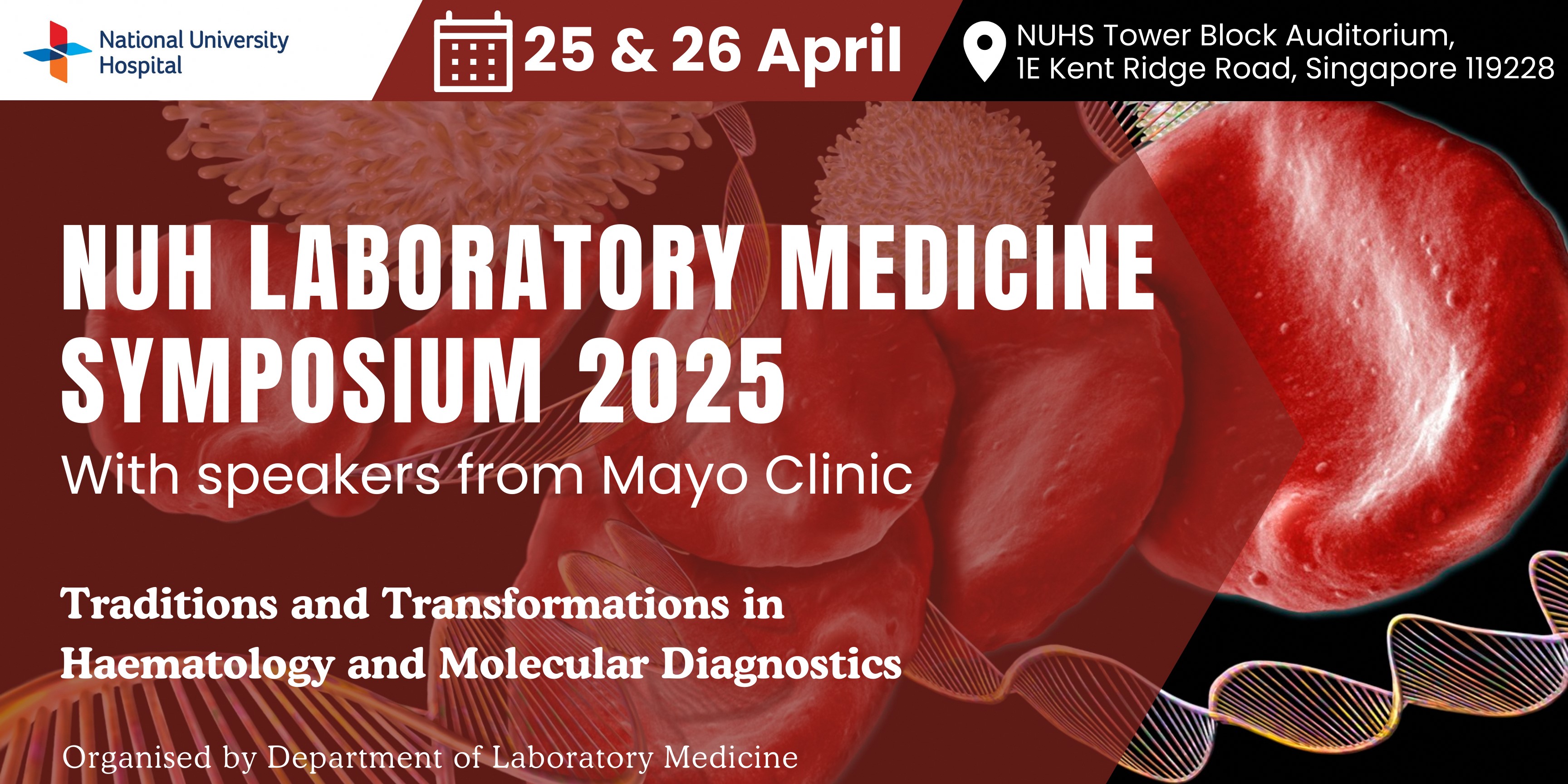
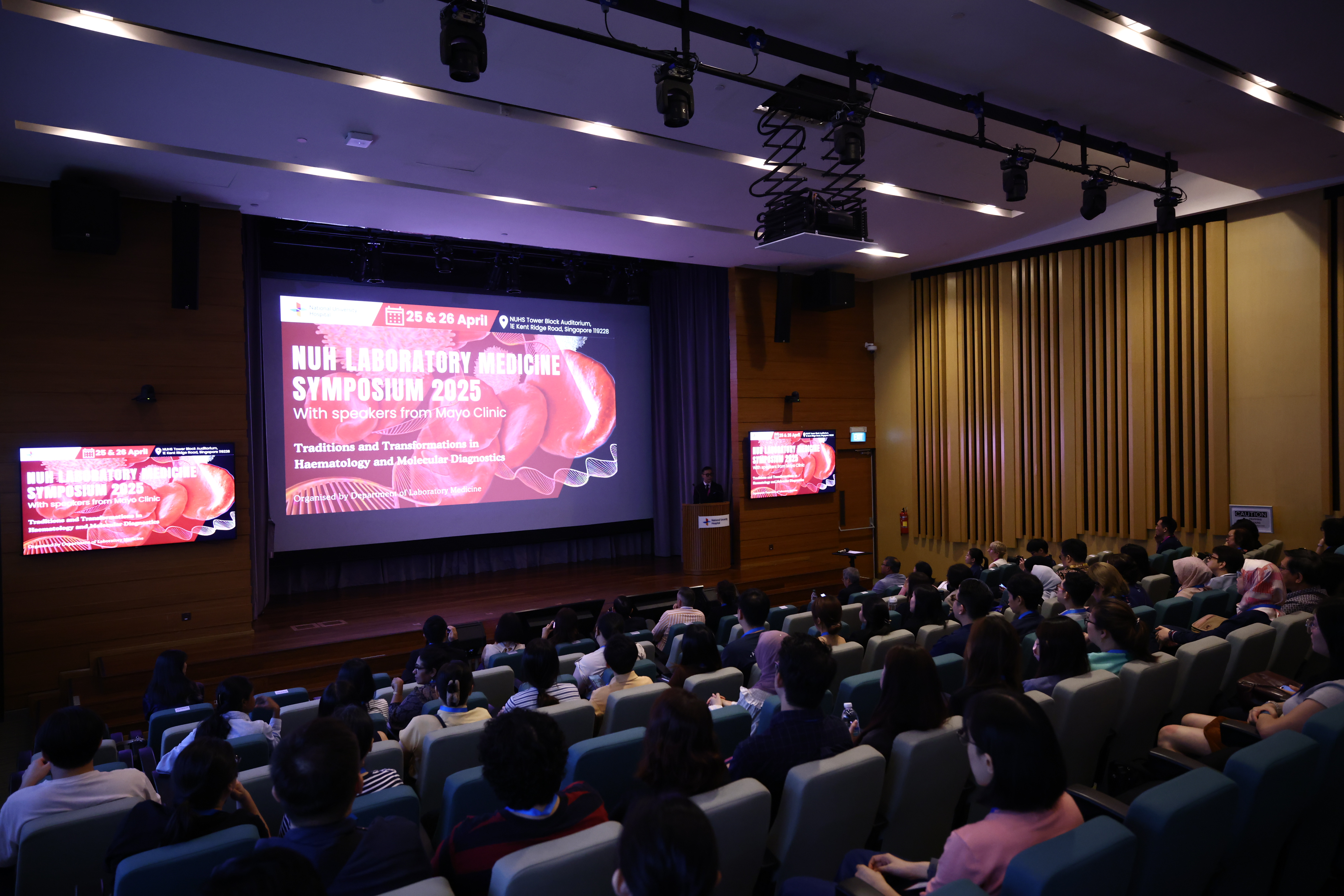
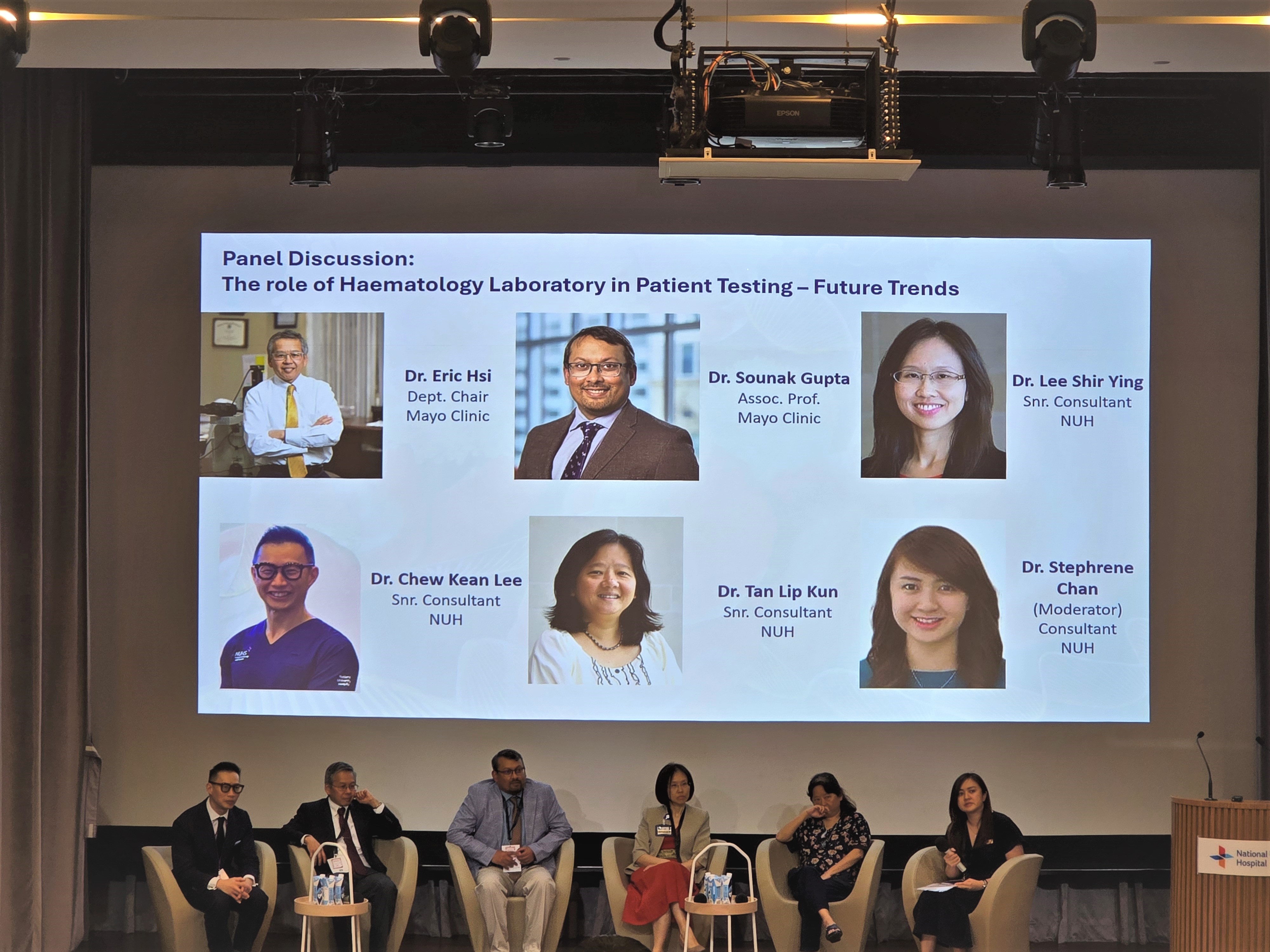
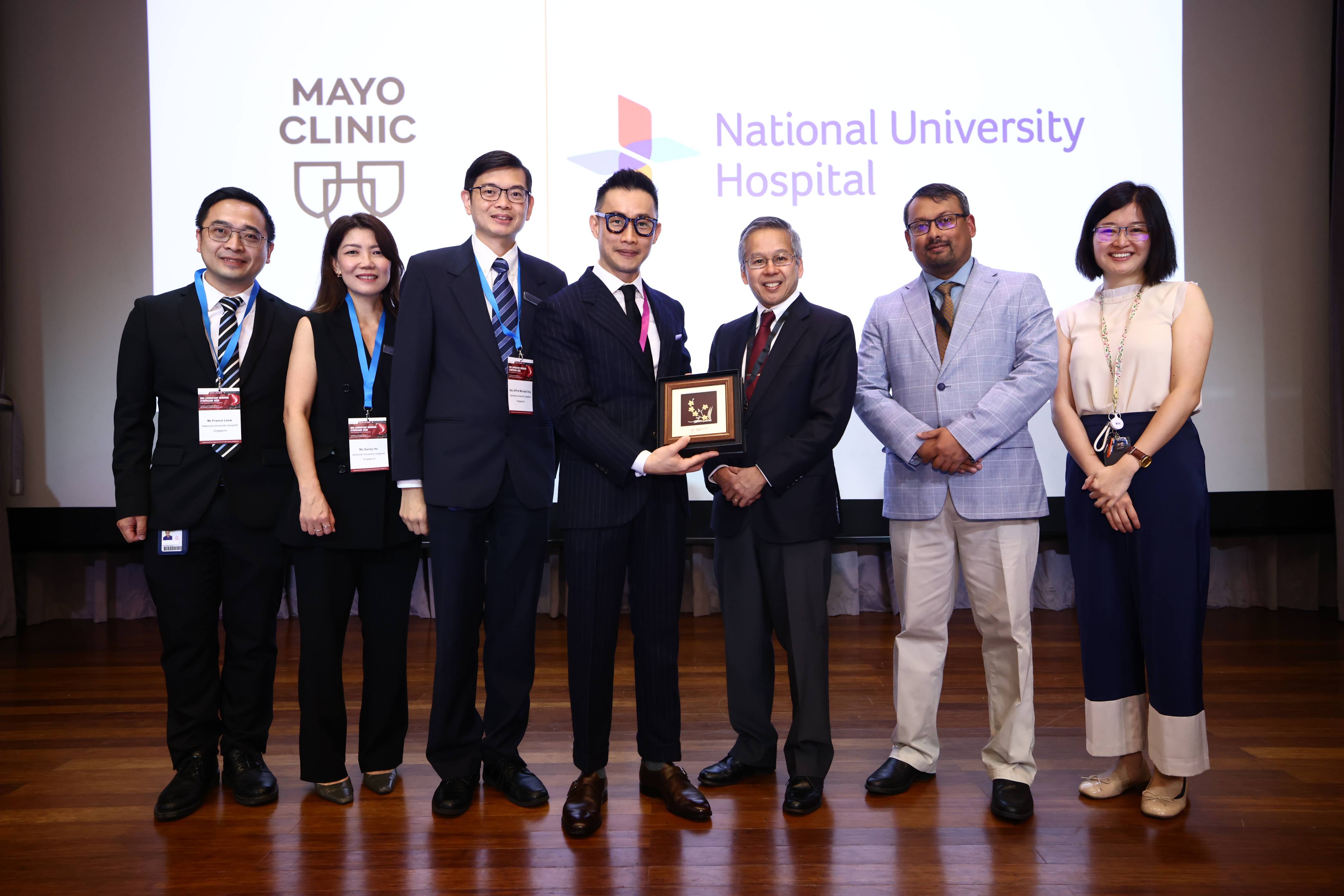
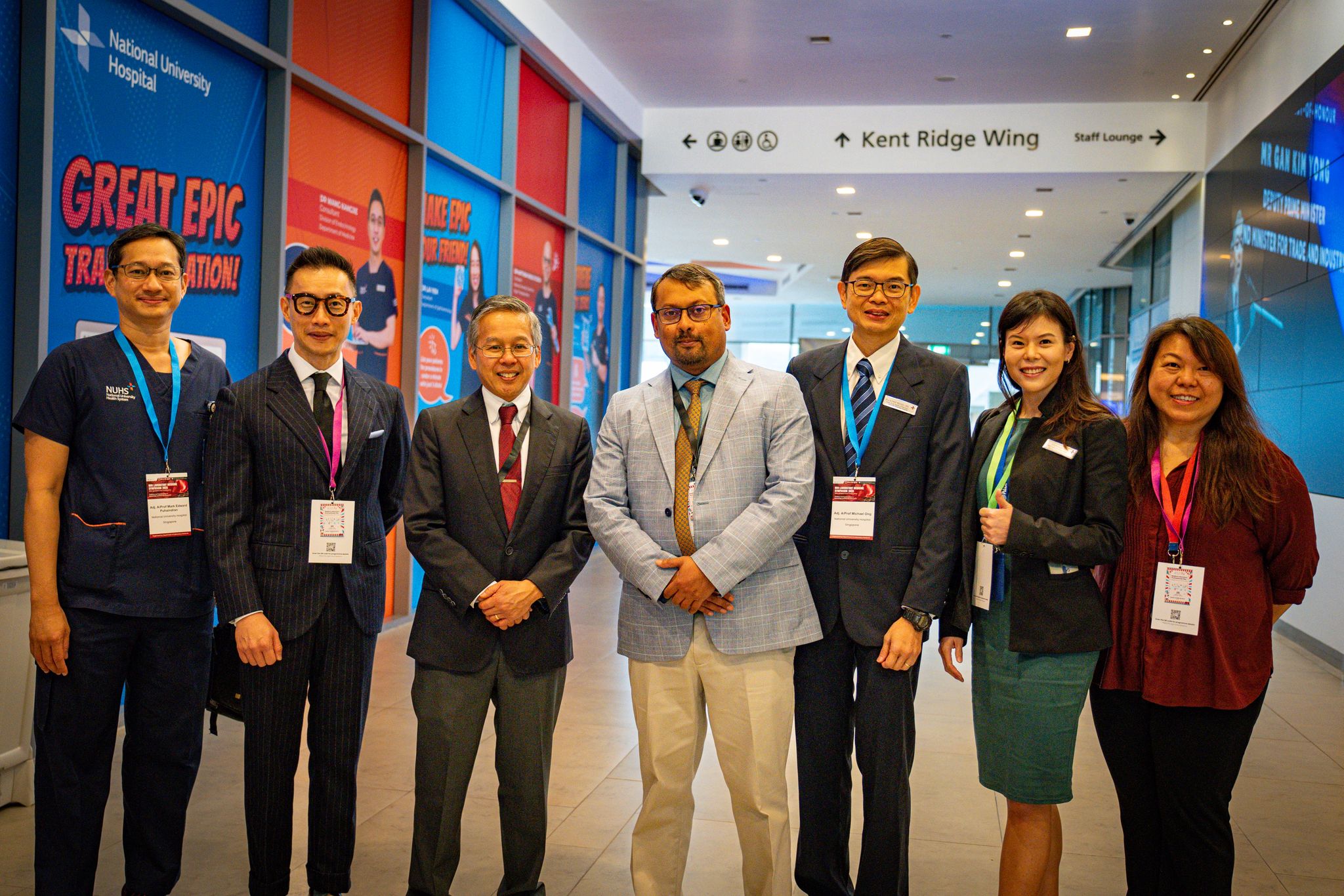
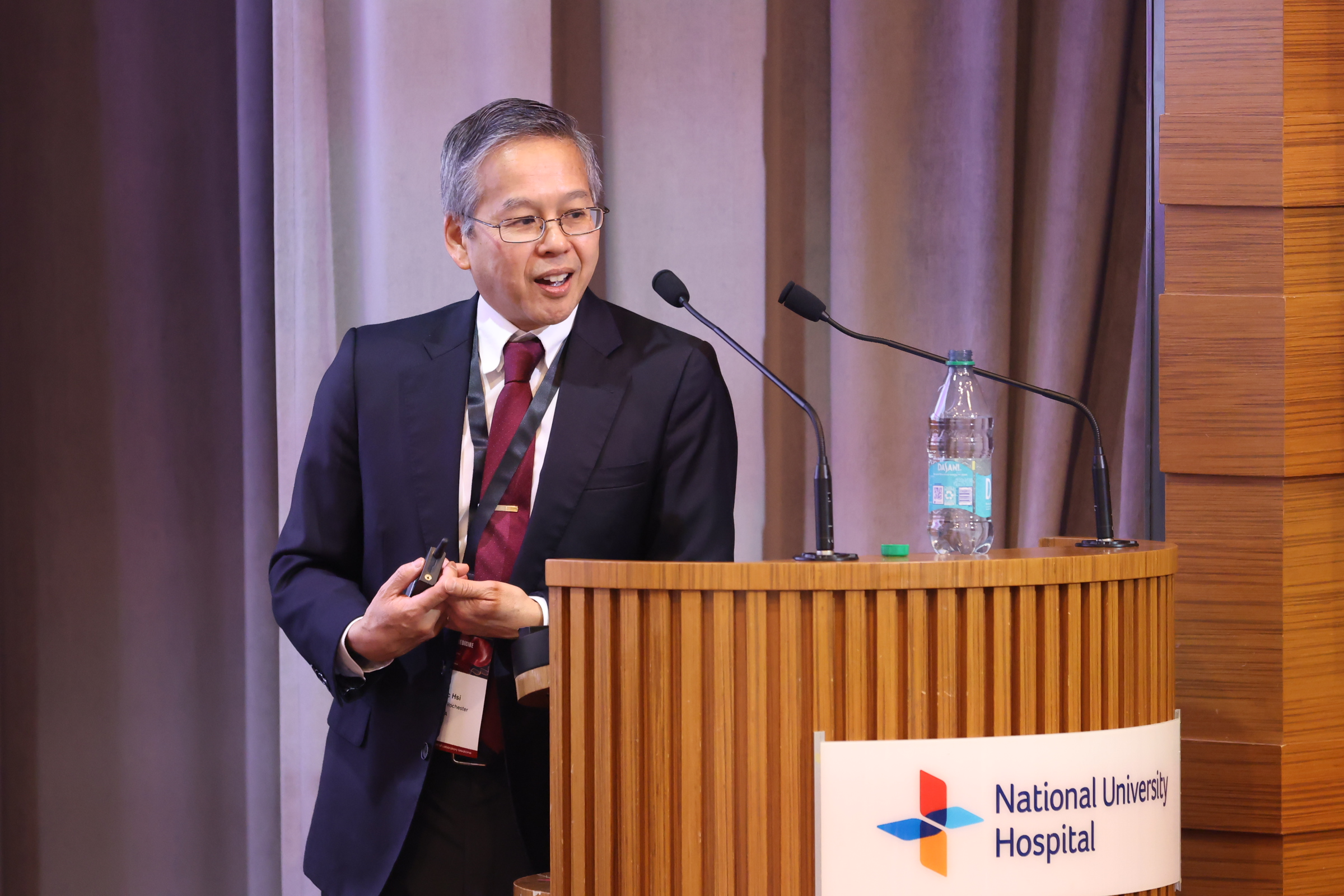
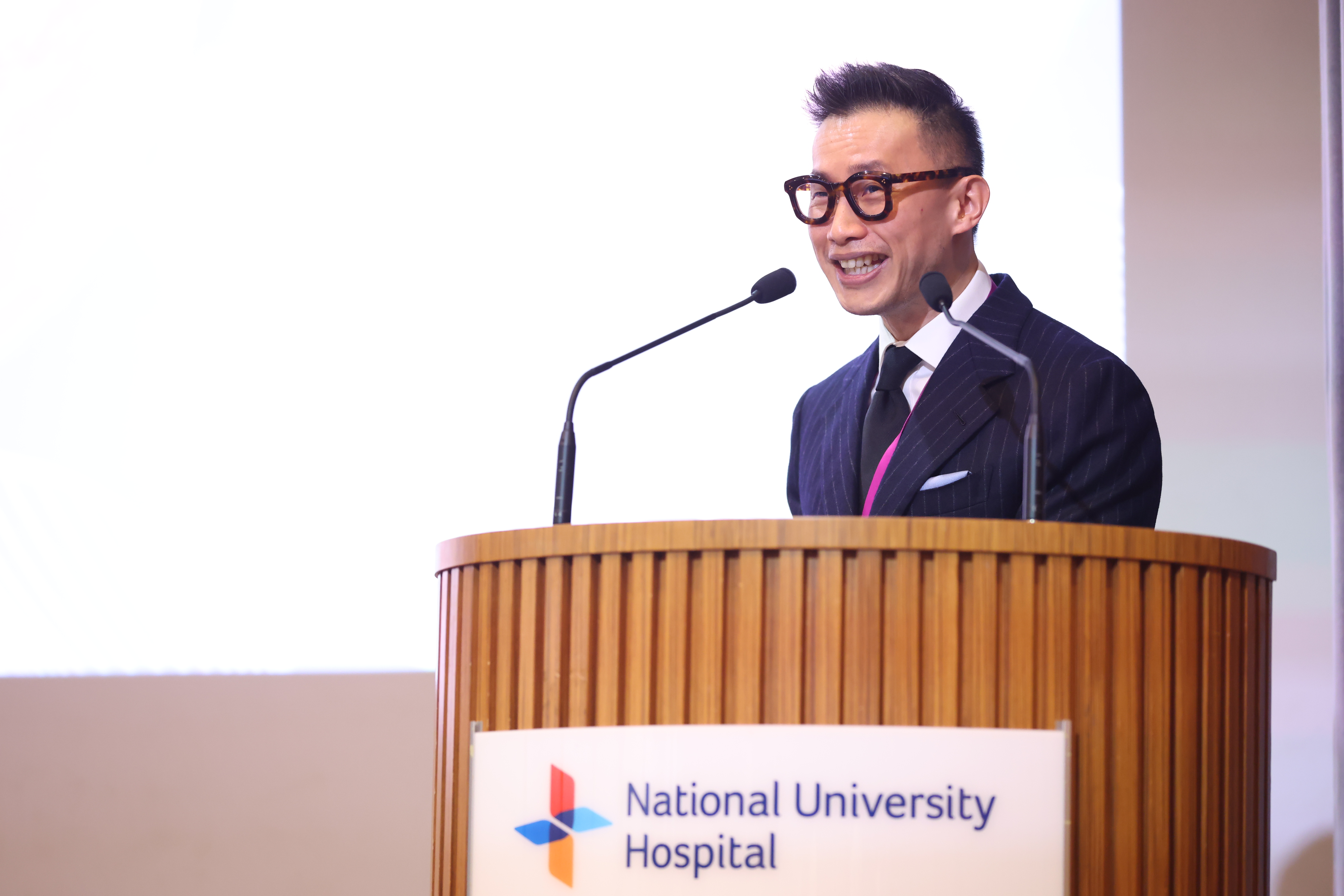
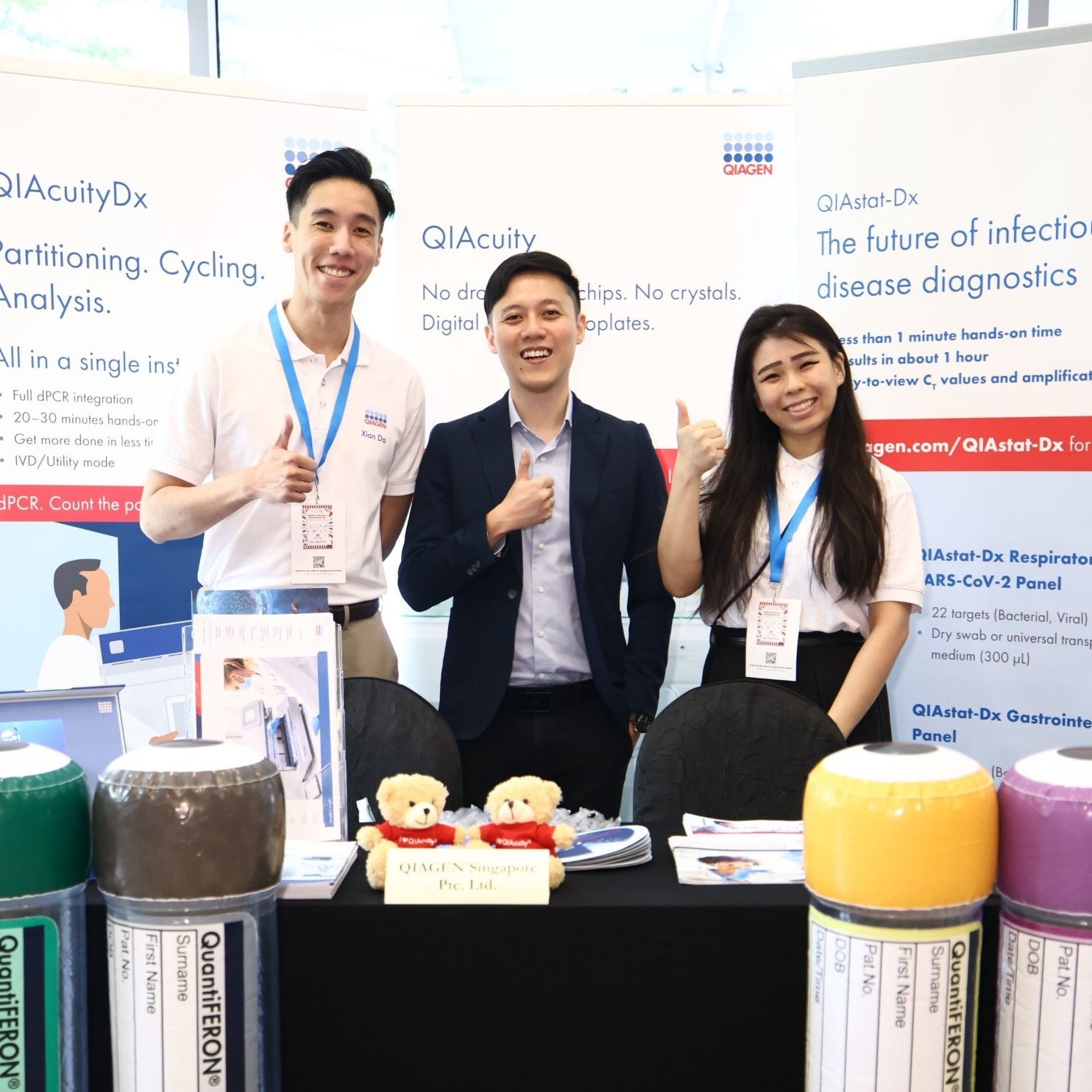
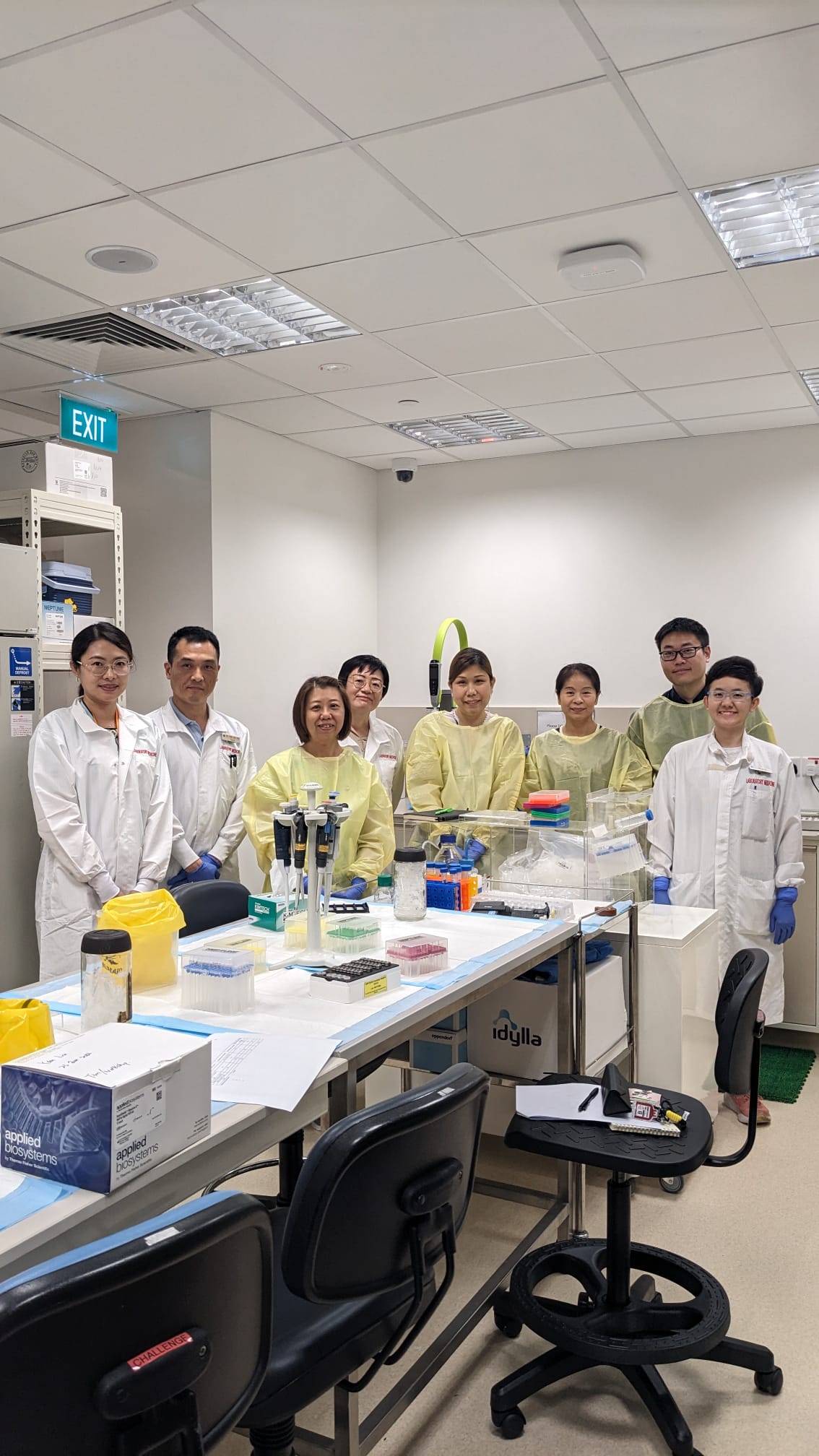
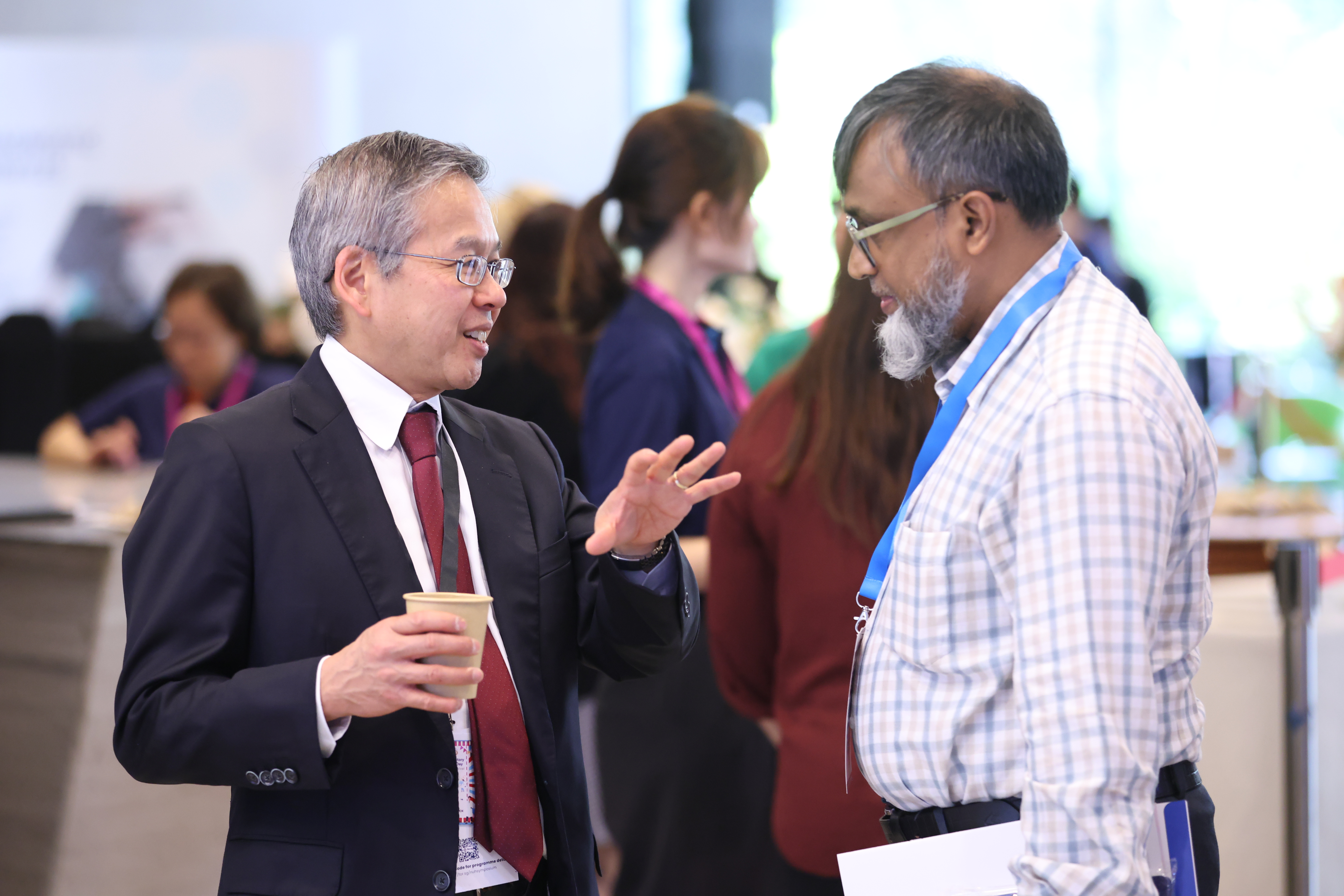
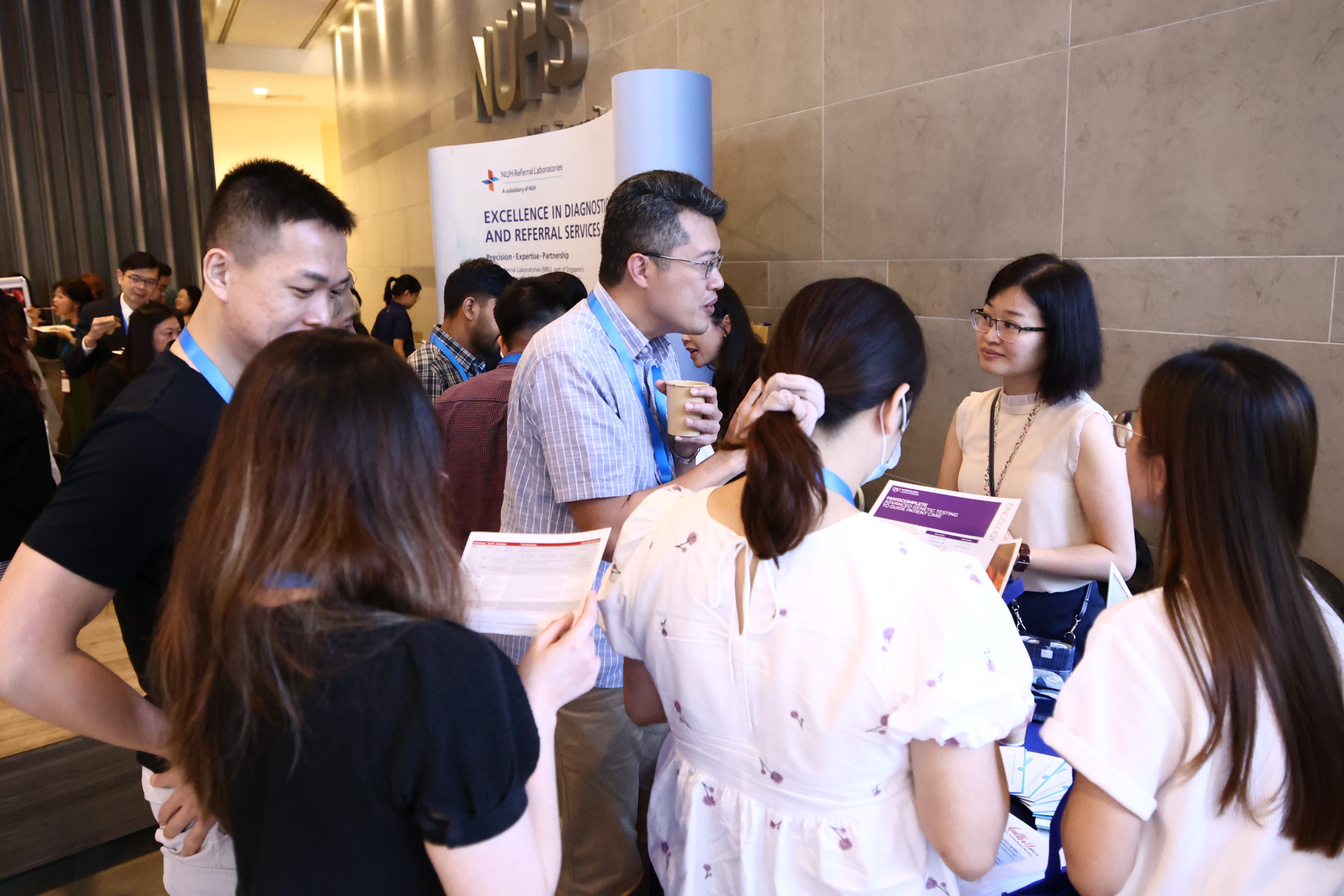

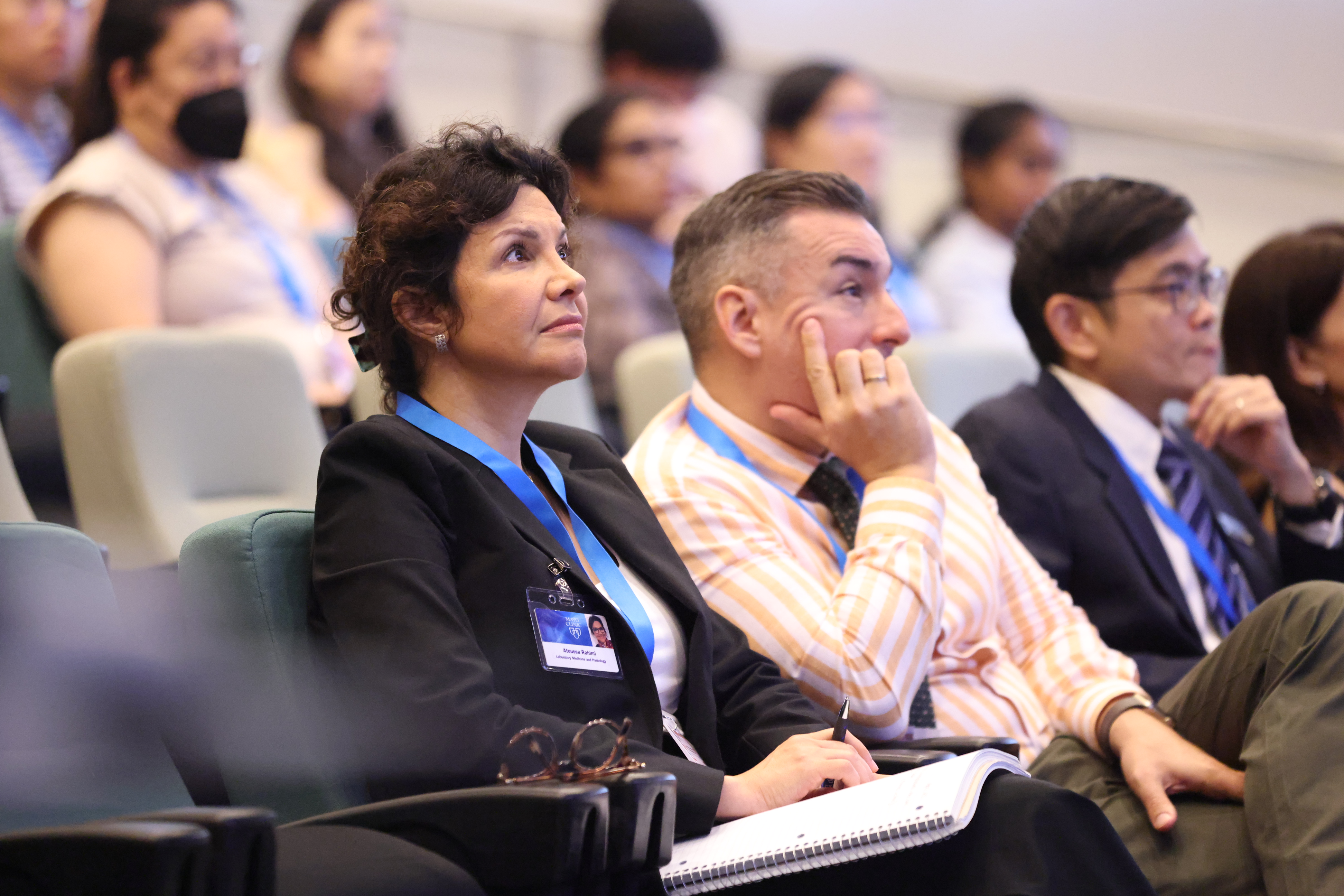
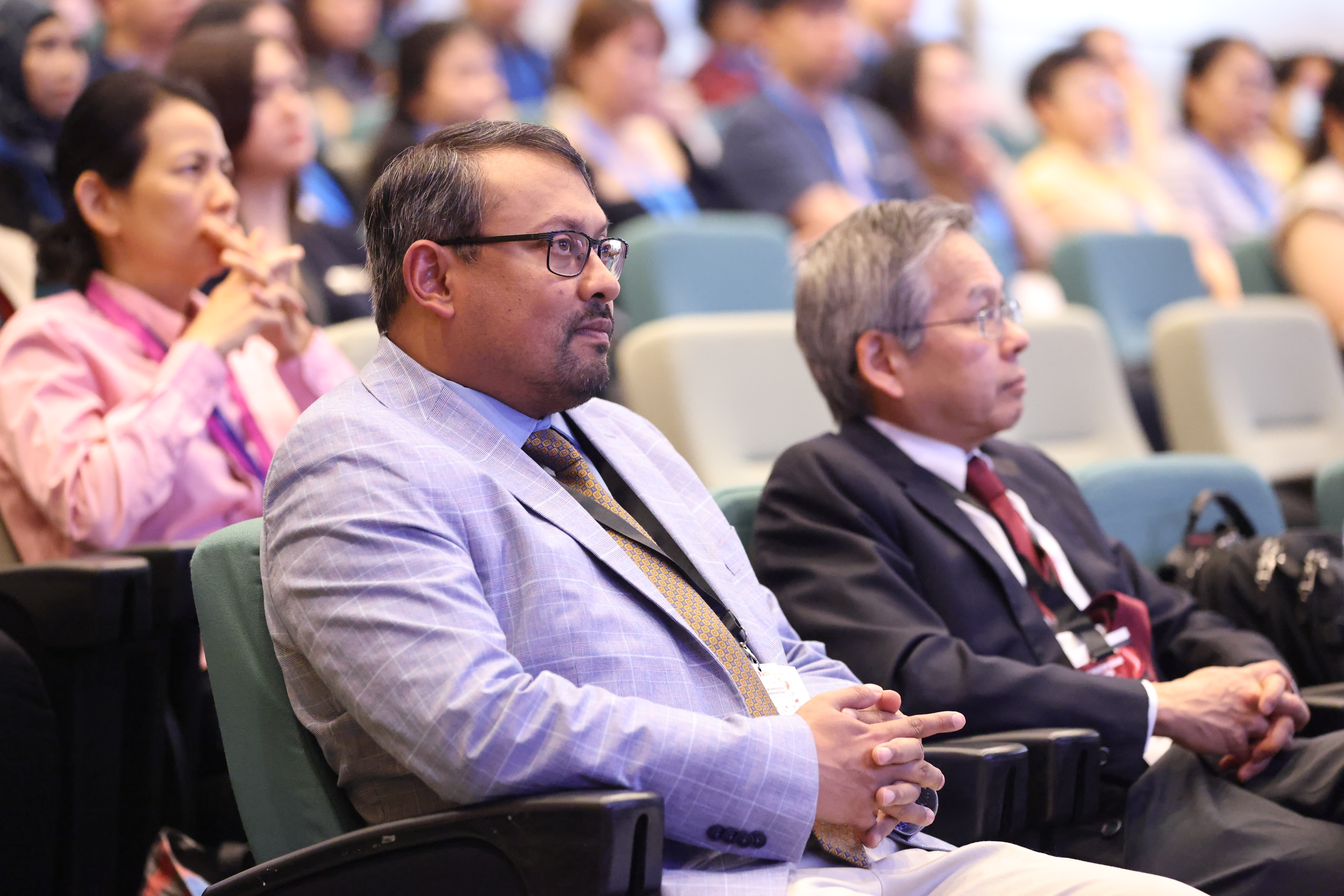

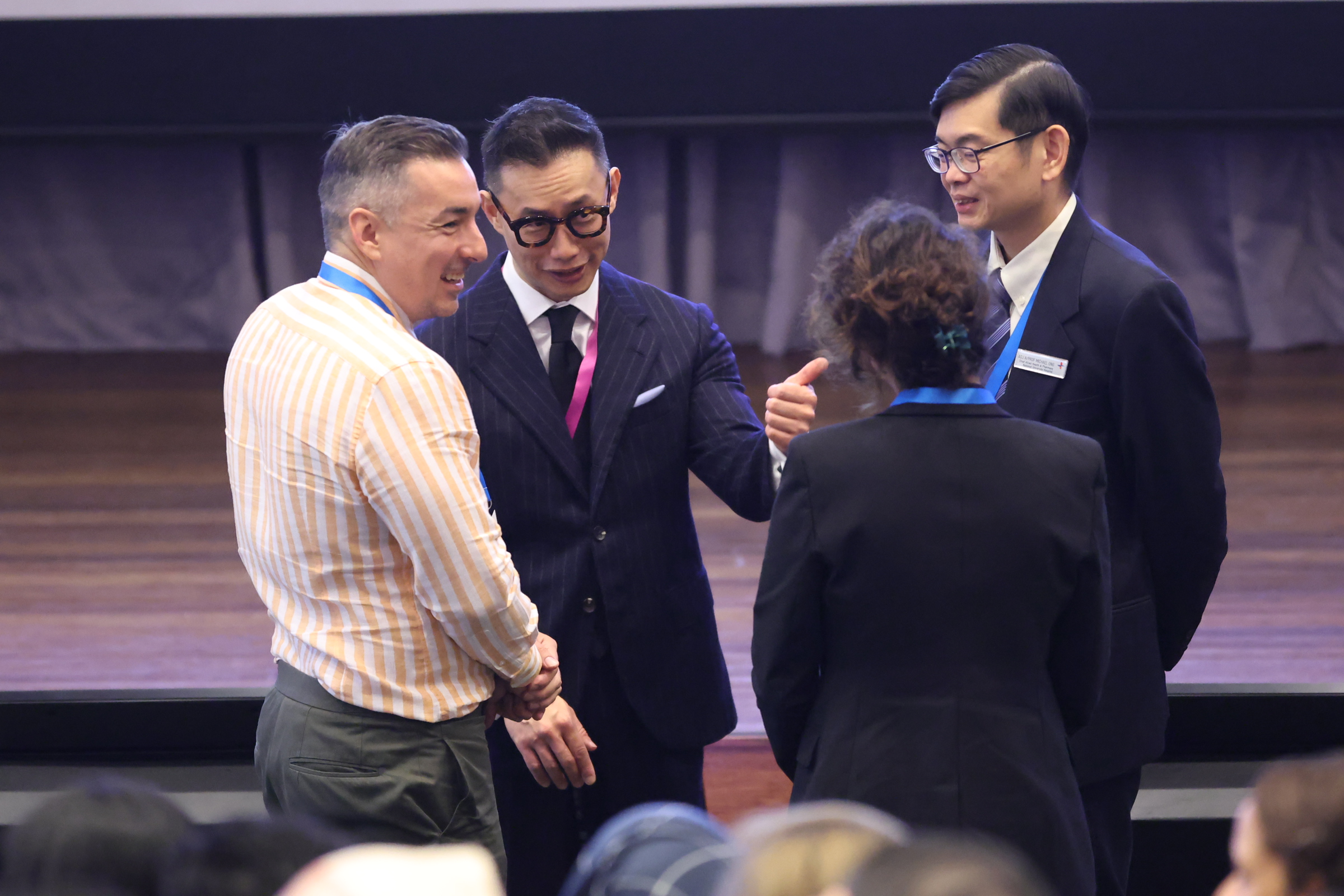
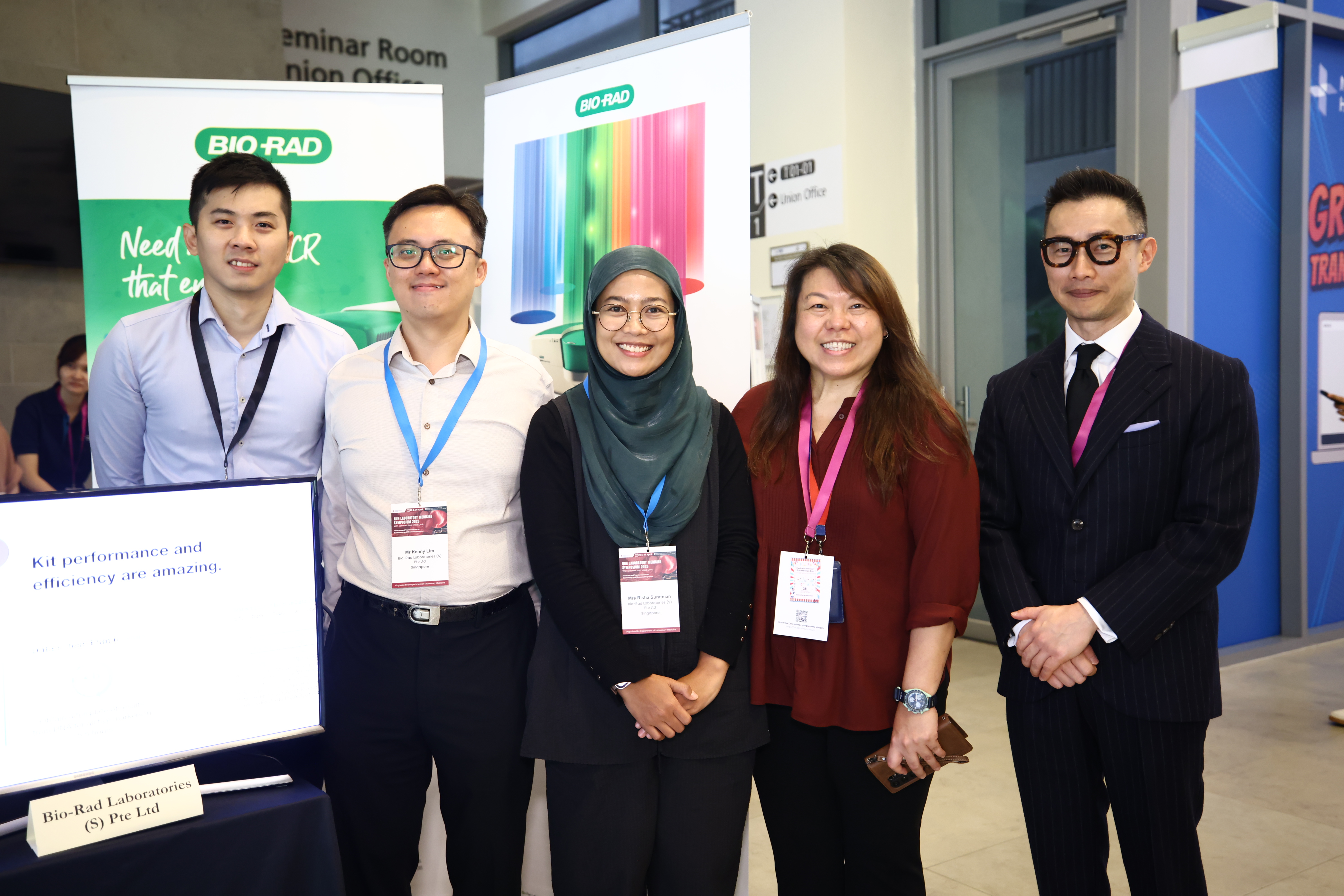
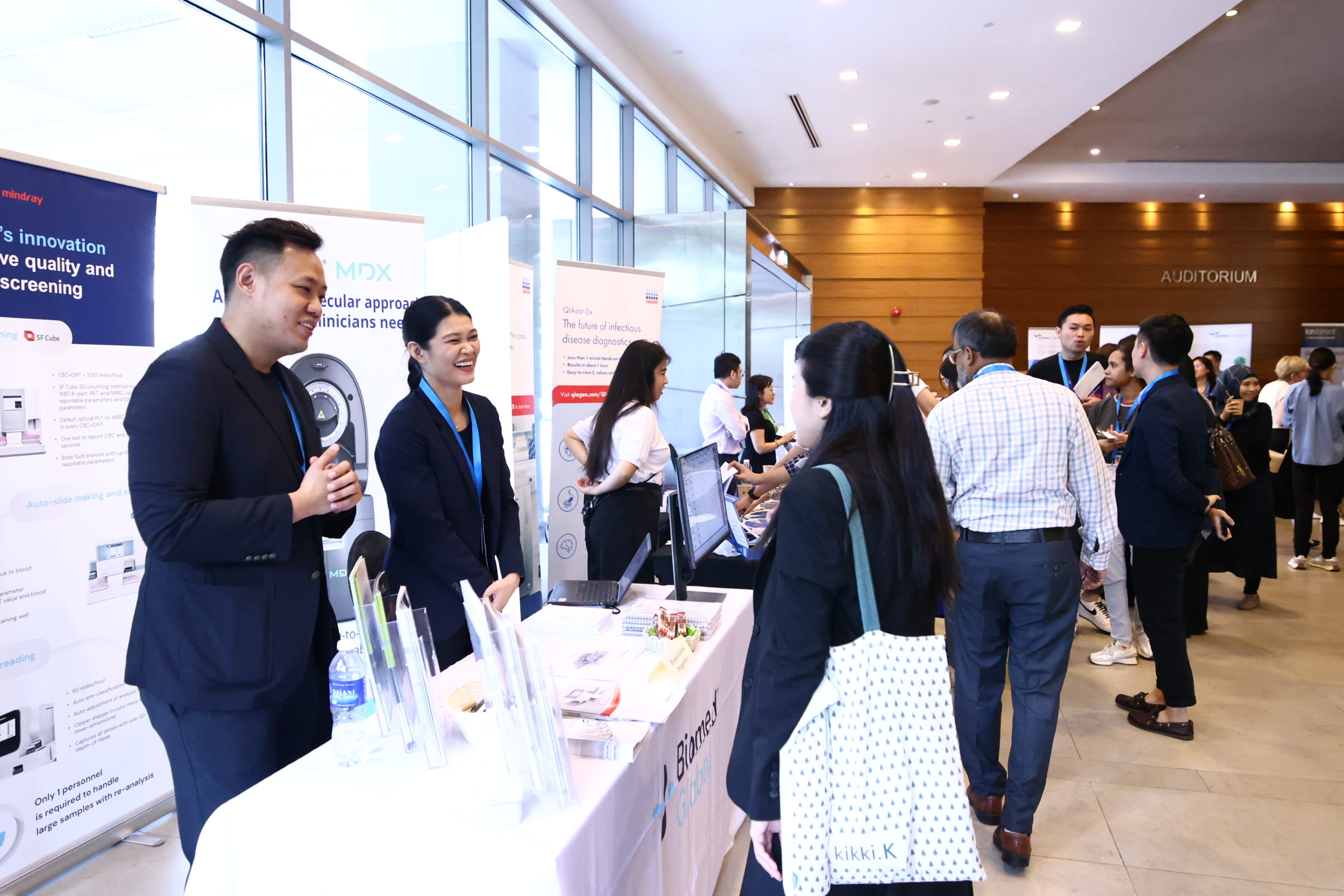
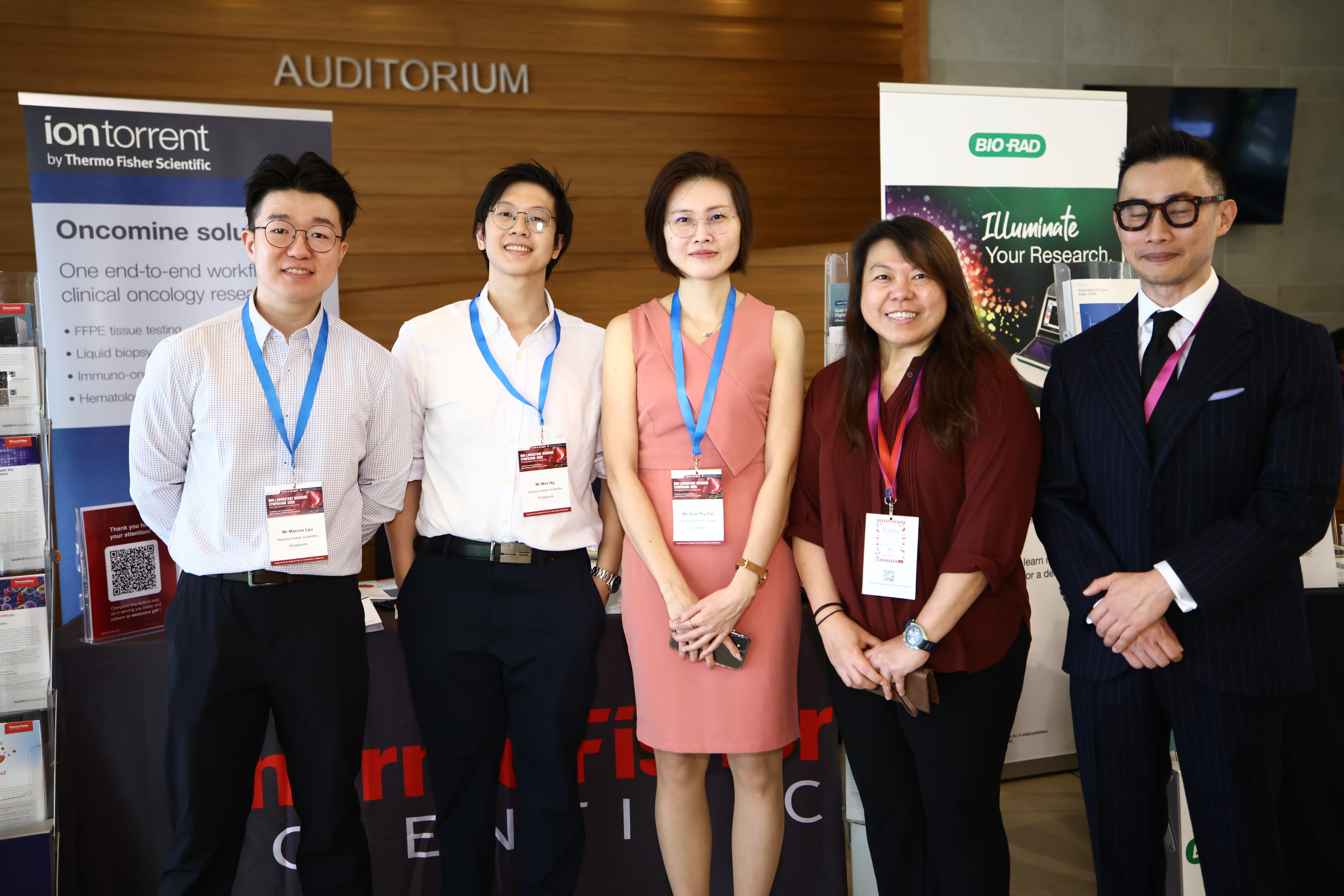
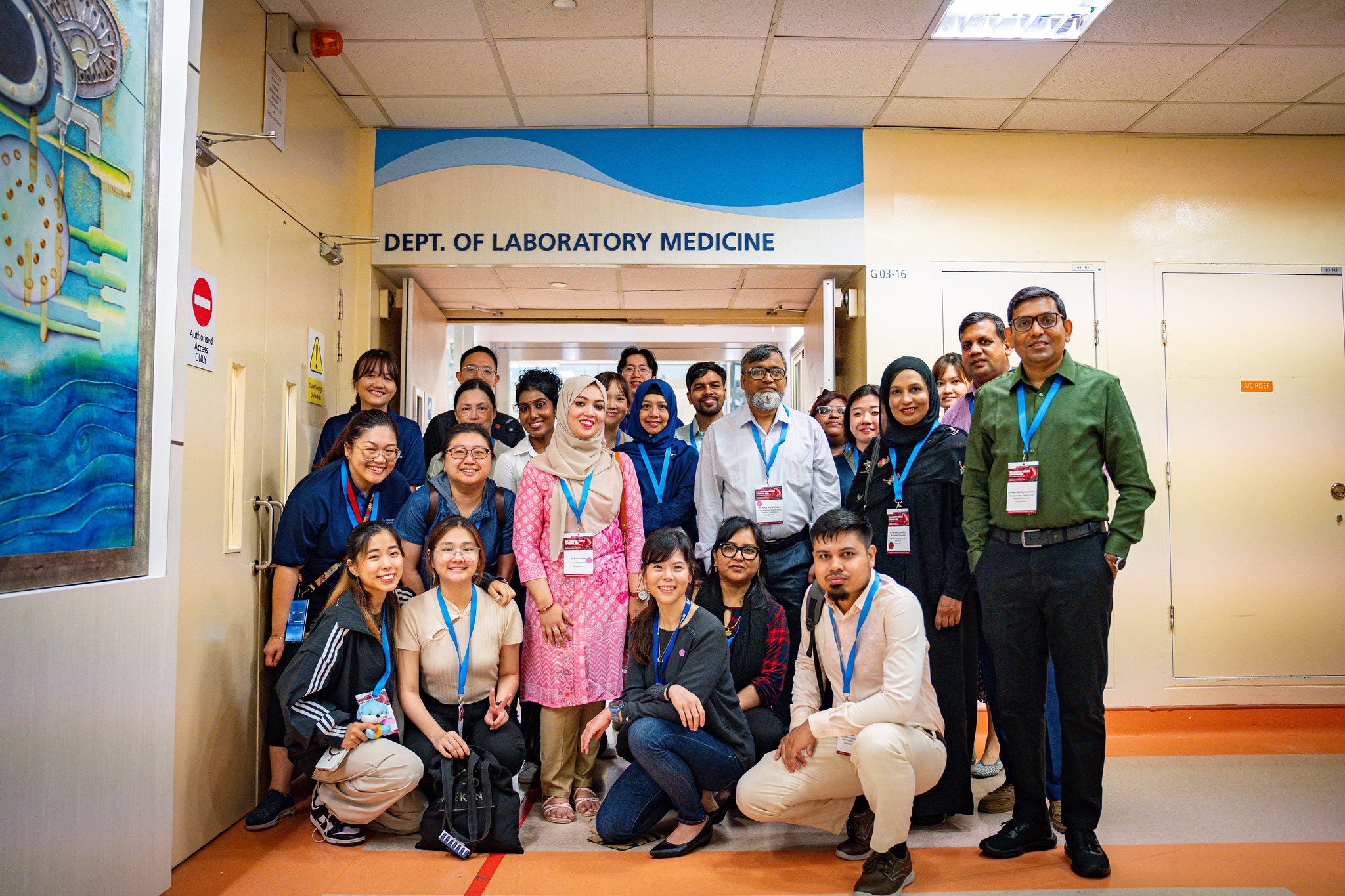
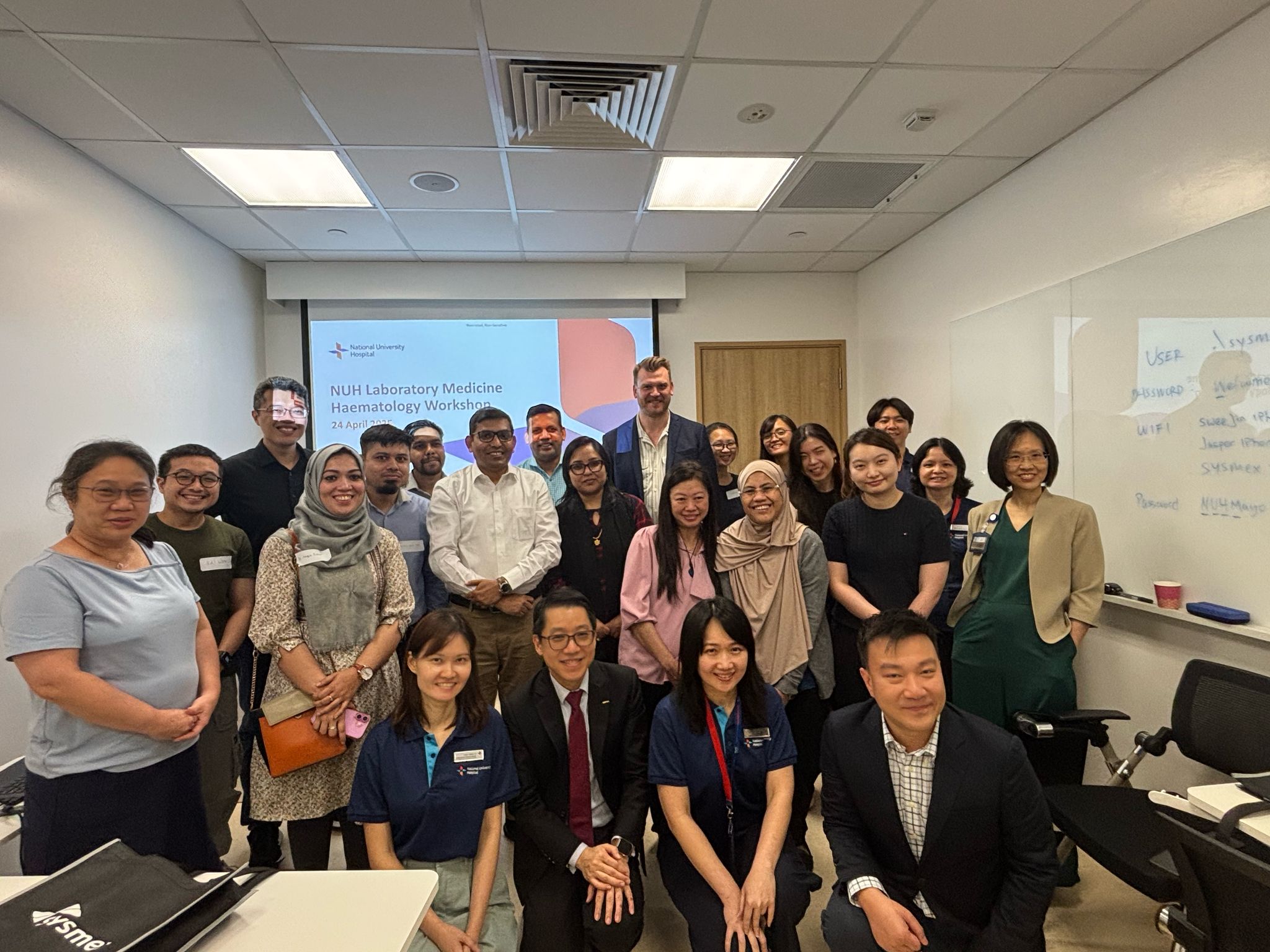
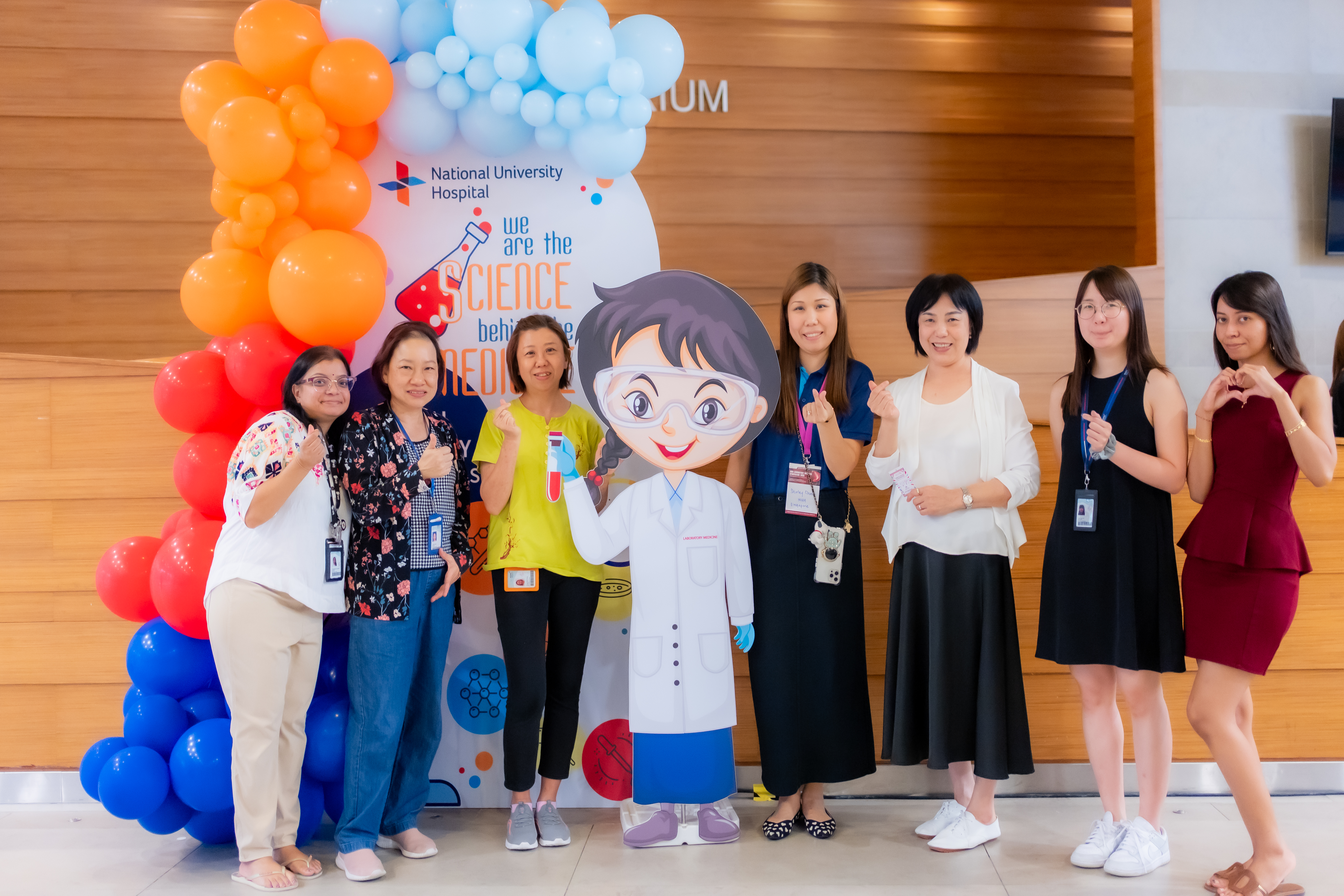


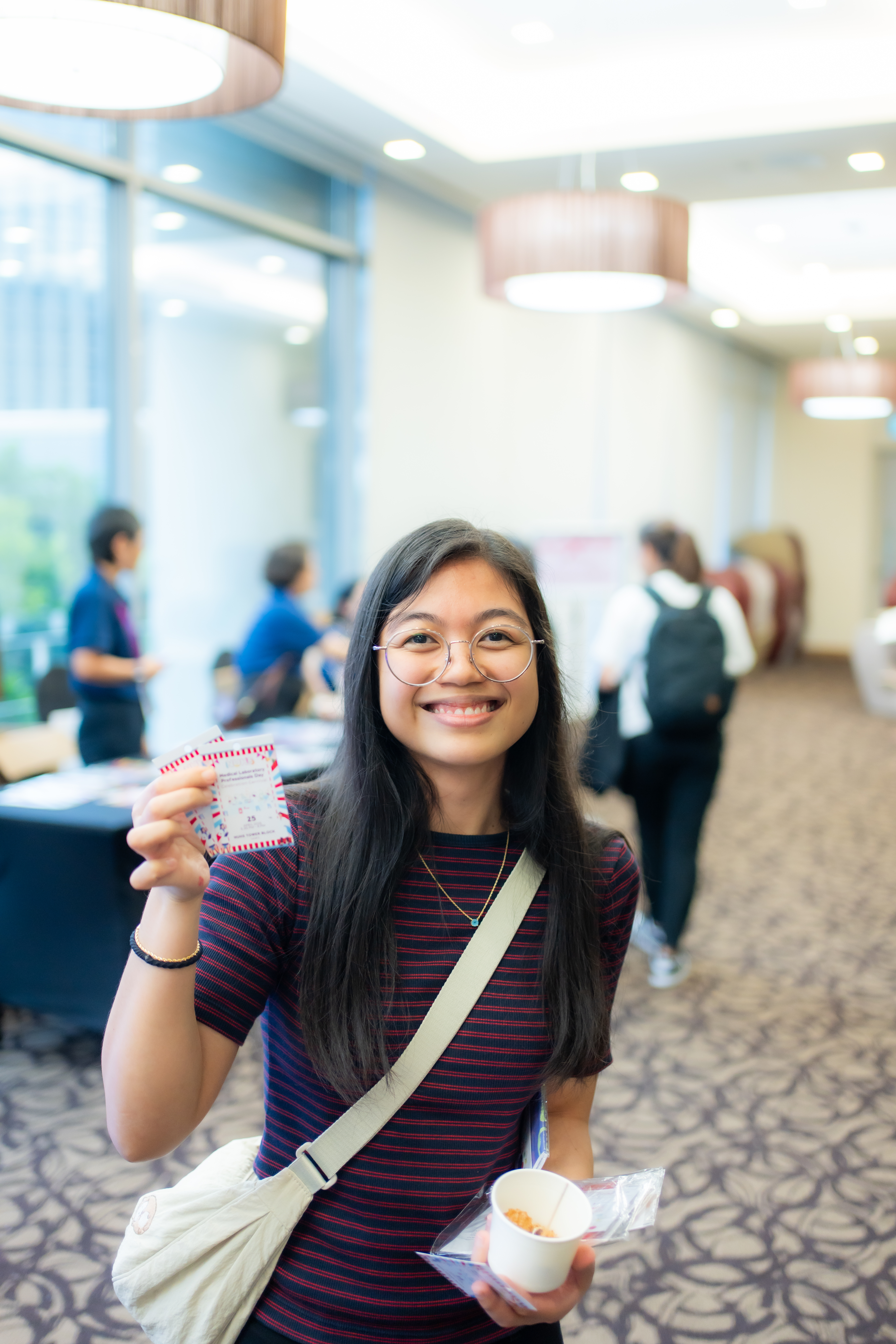
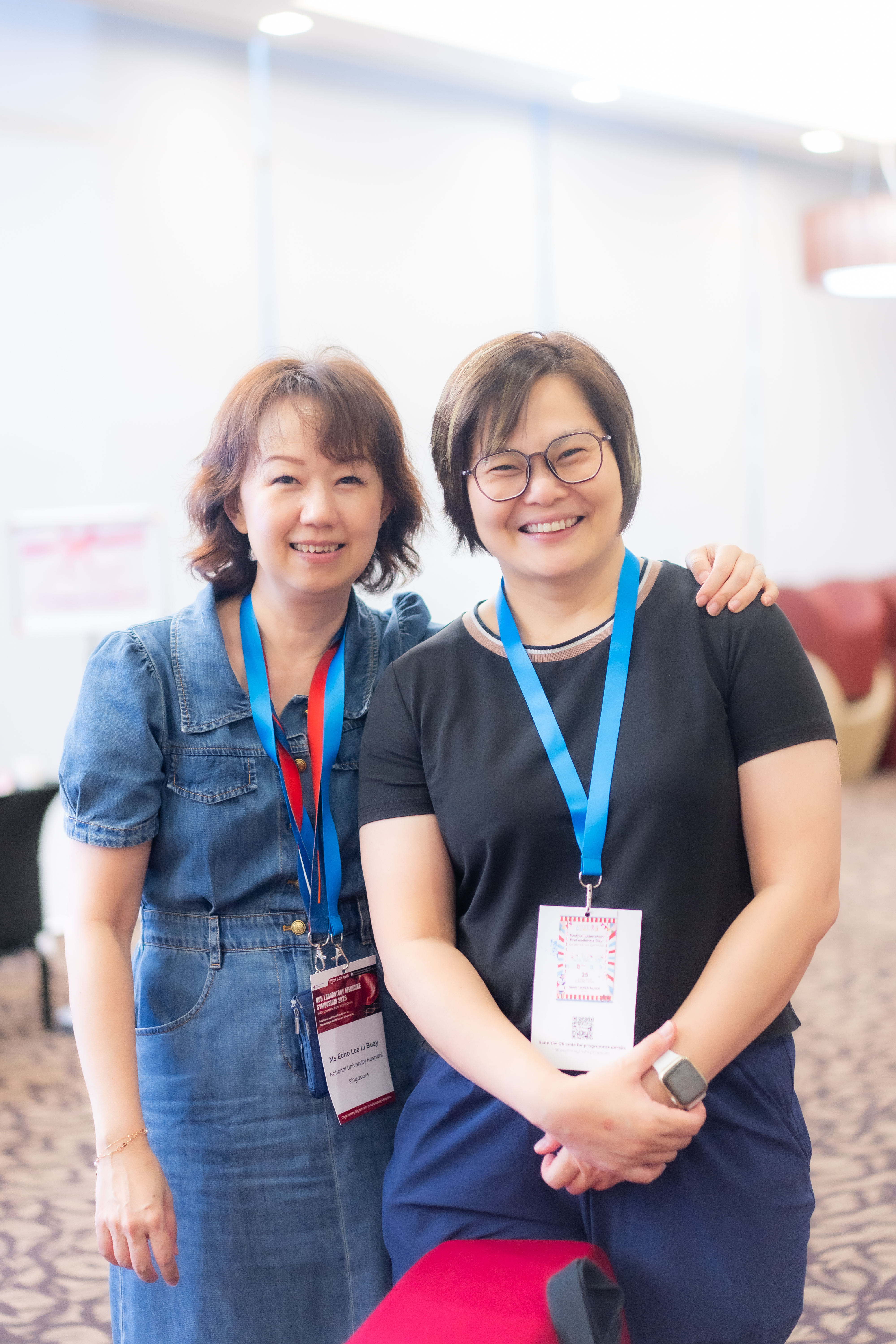
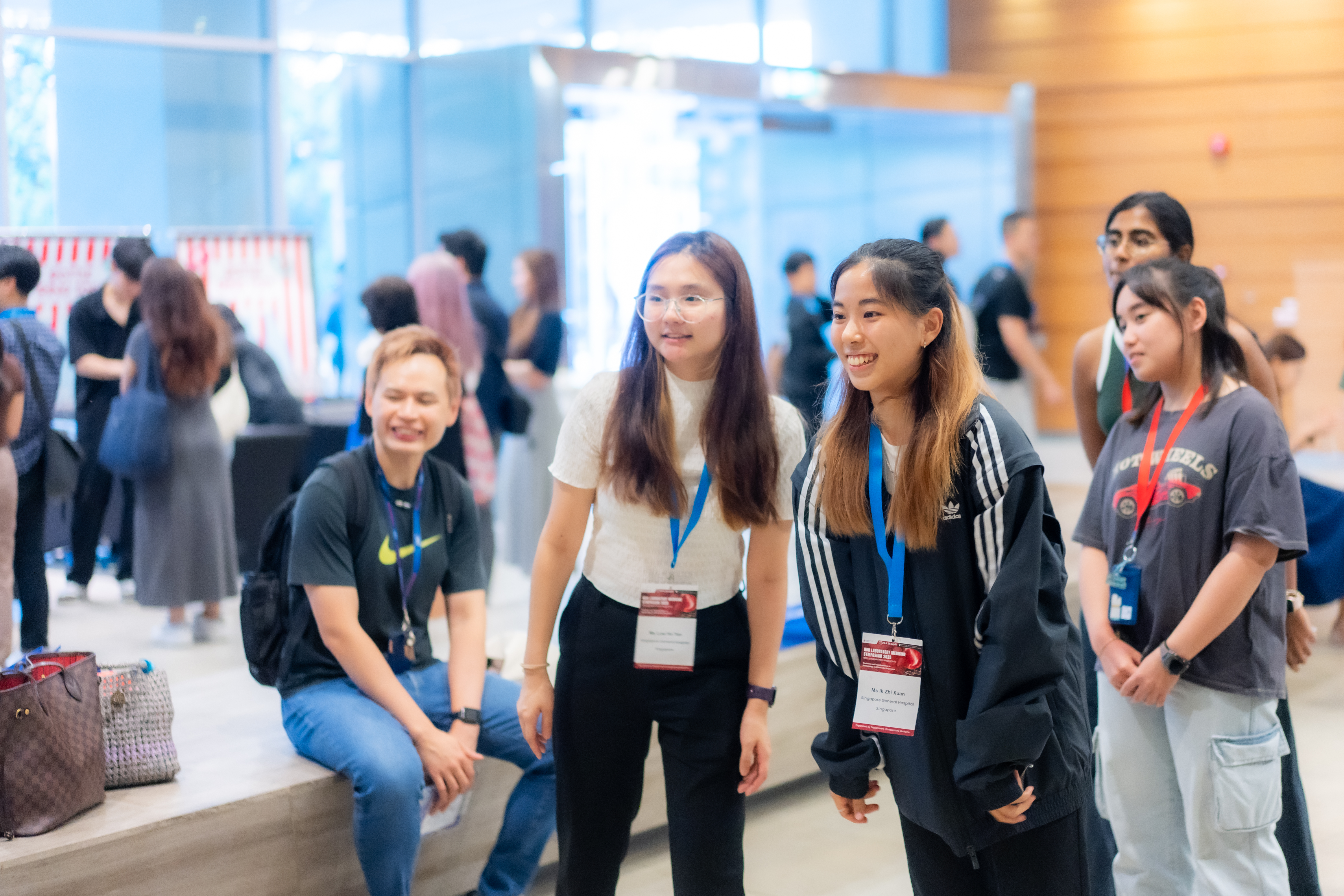
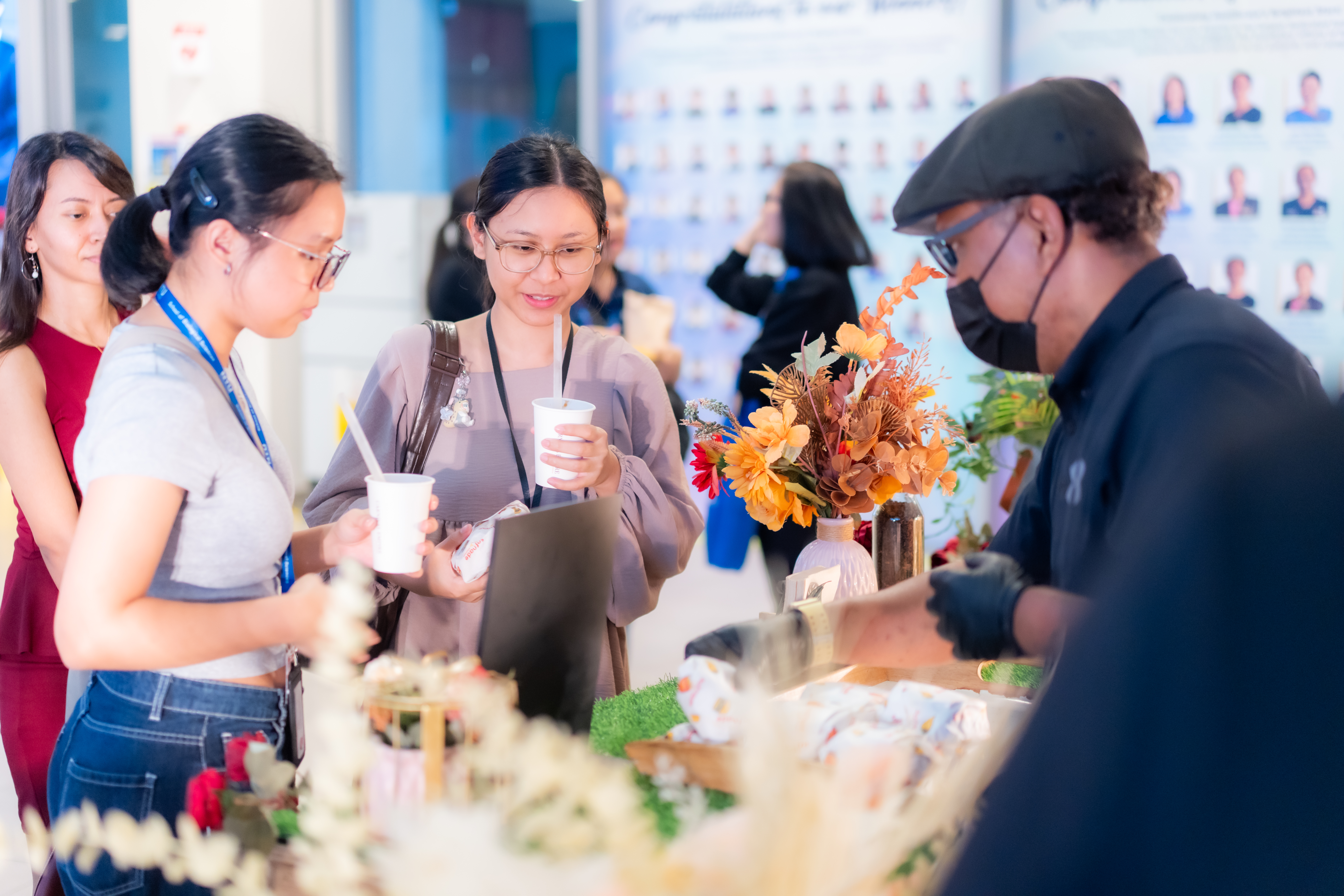

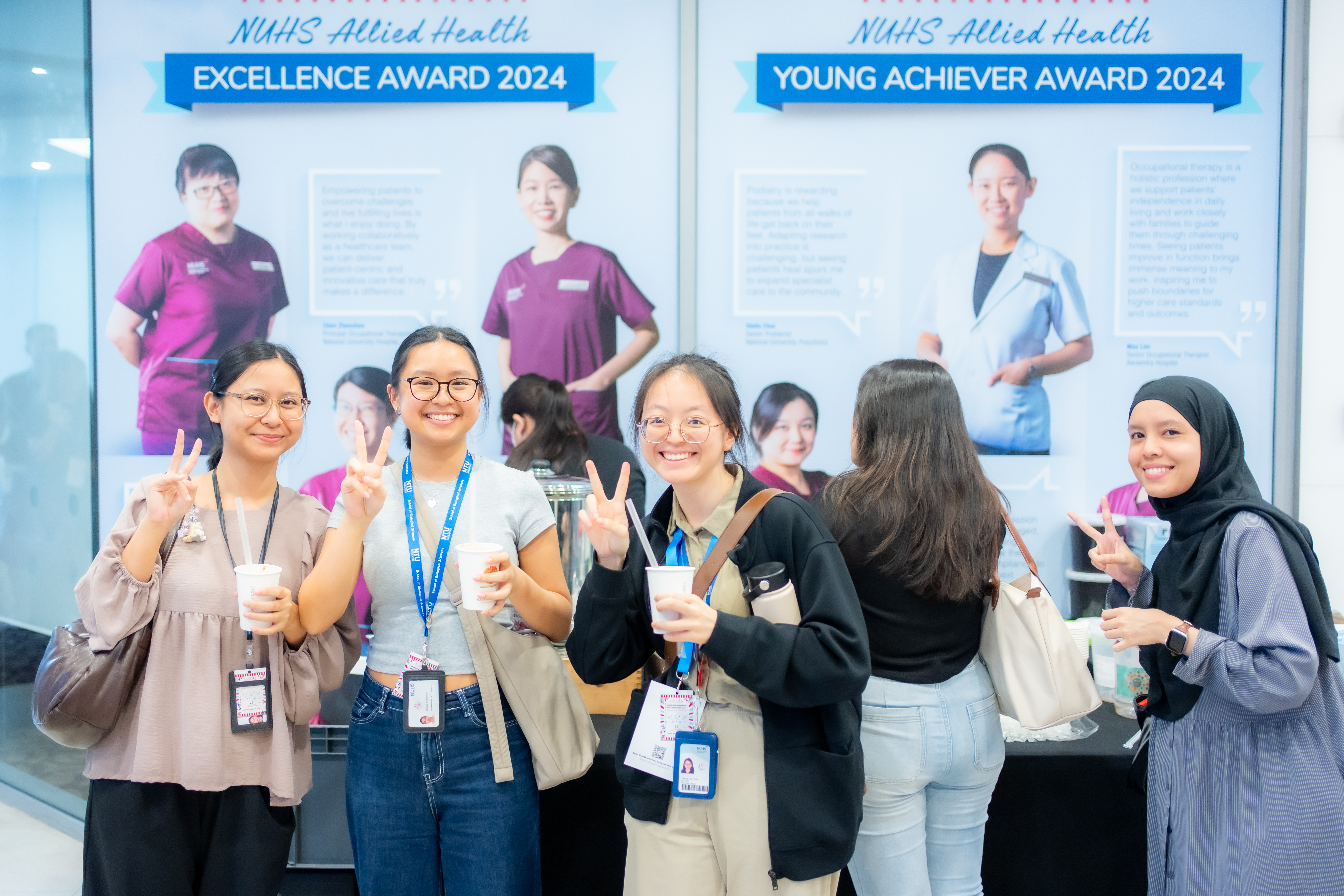
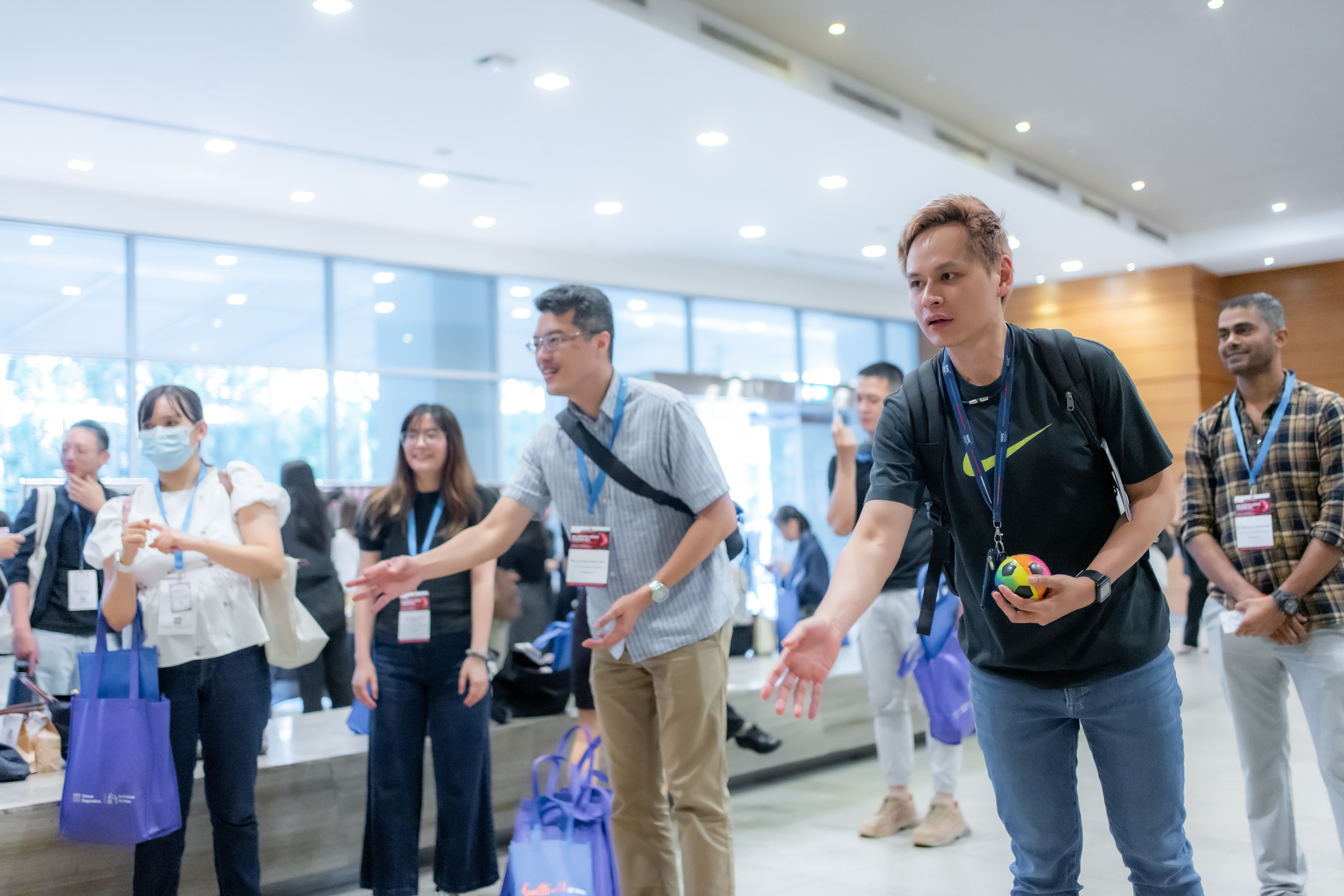
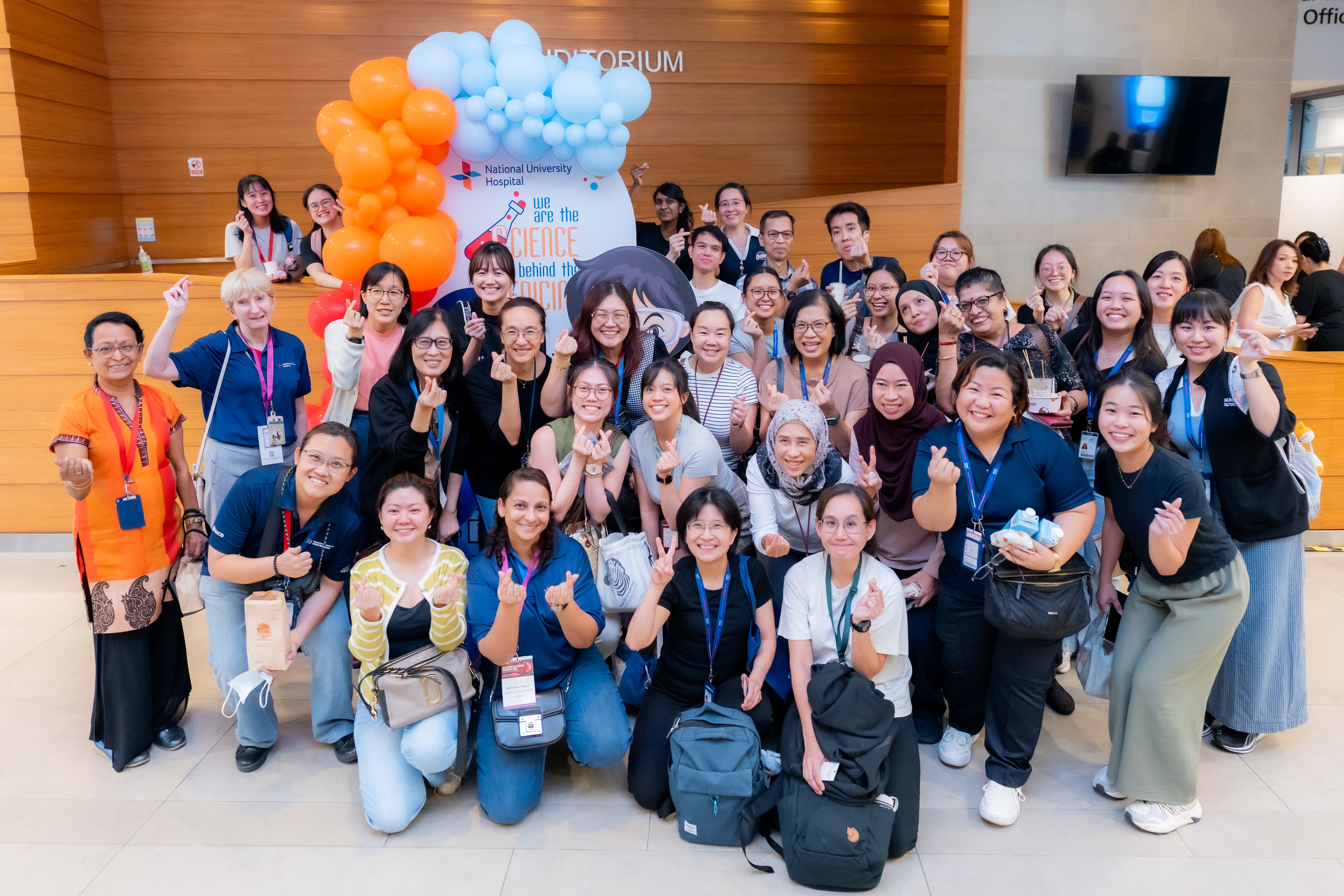

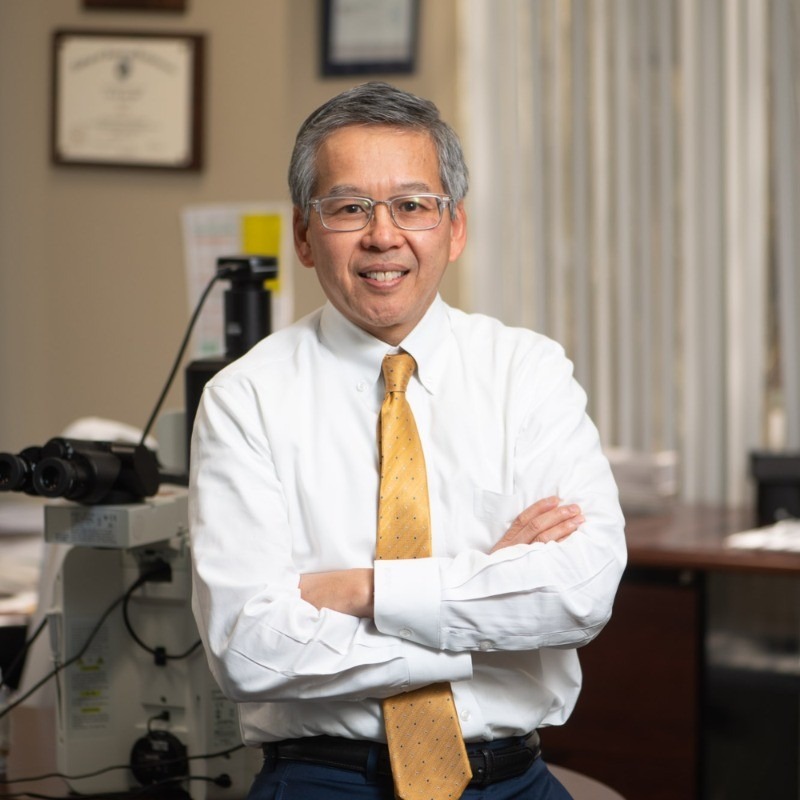 DR. ERIC HSI, MD
DR. ERIC HSI, MD
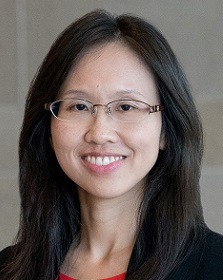
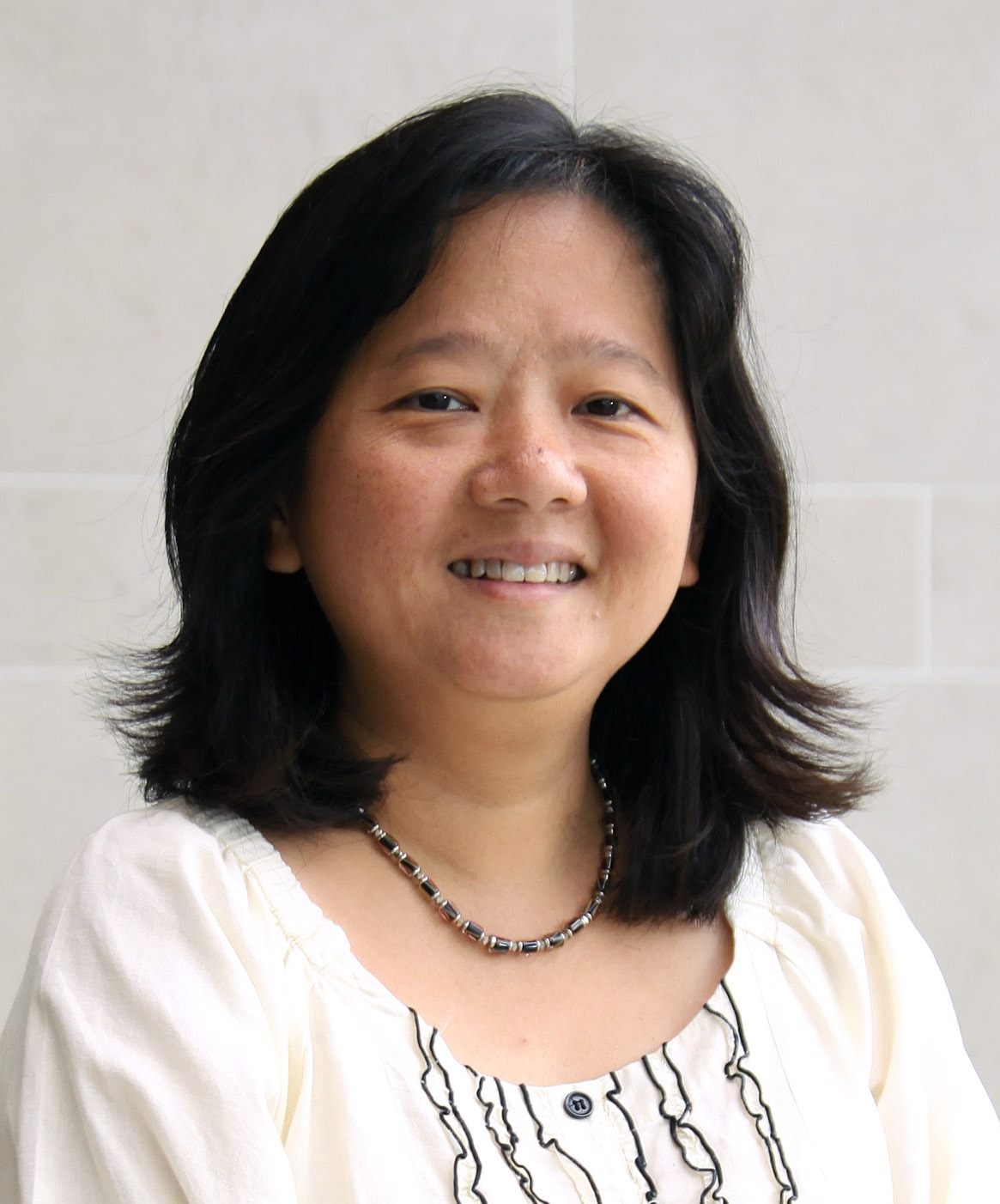

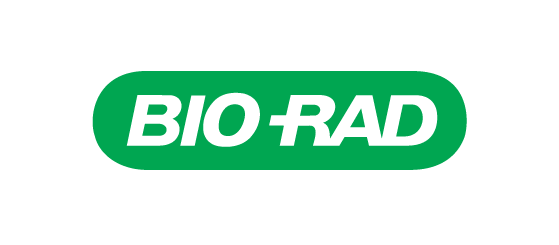
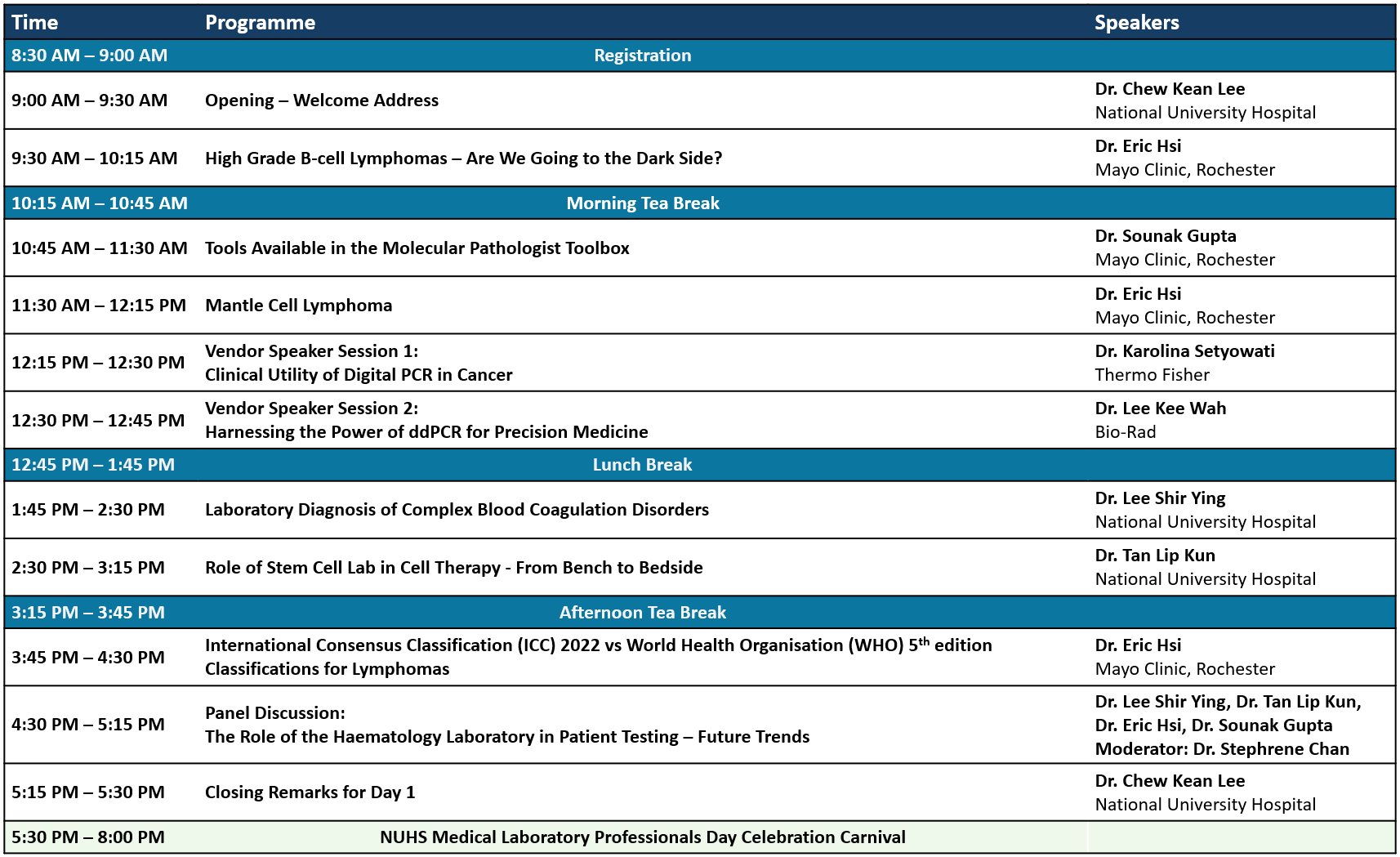



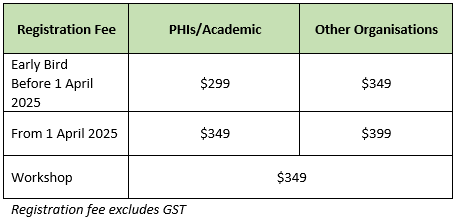
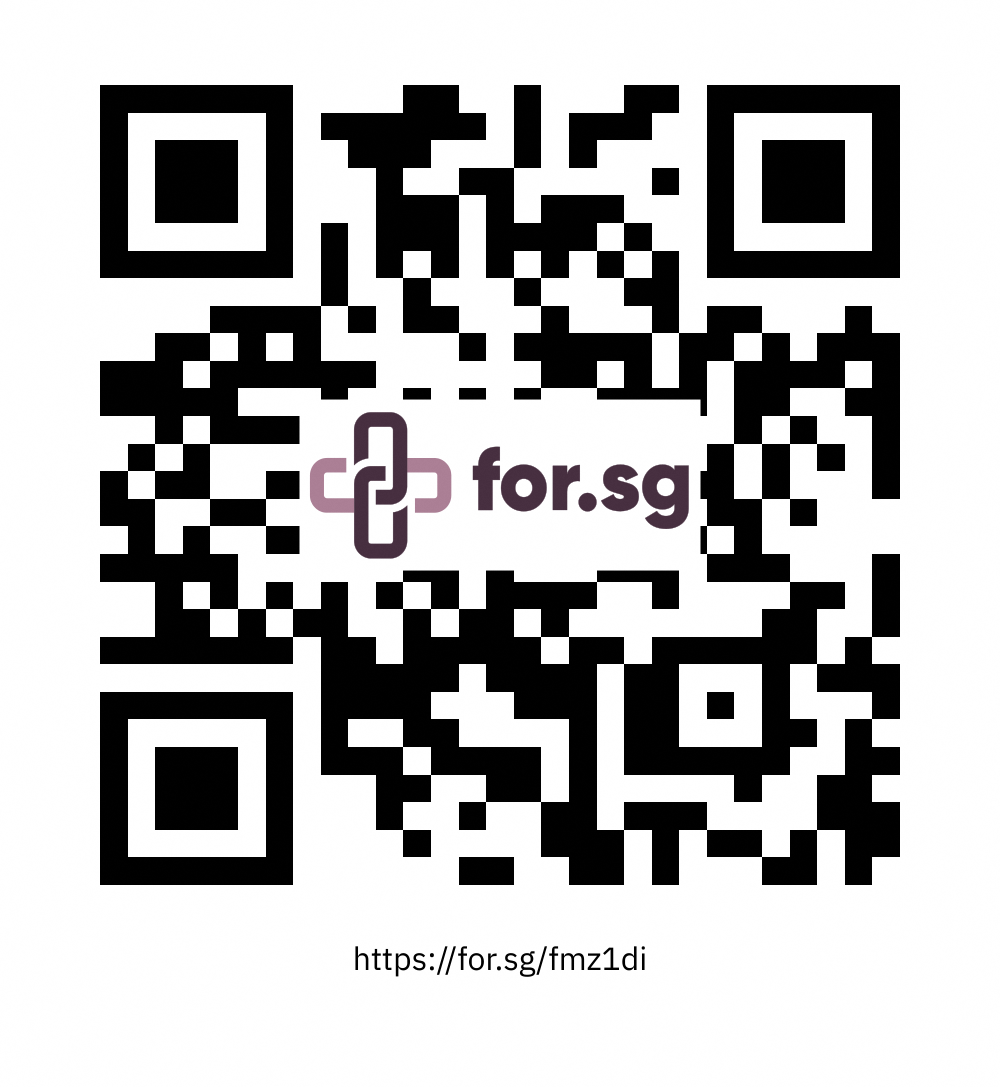


.png?sfvrsn=fec2eeb2_1)
















